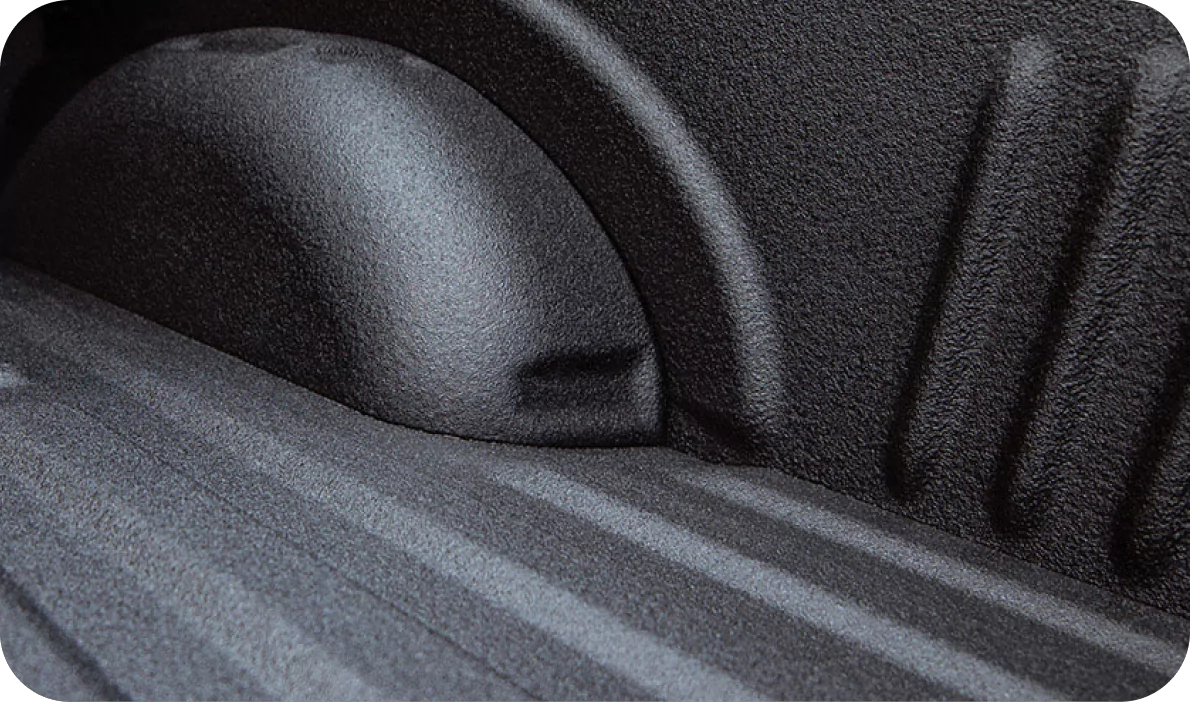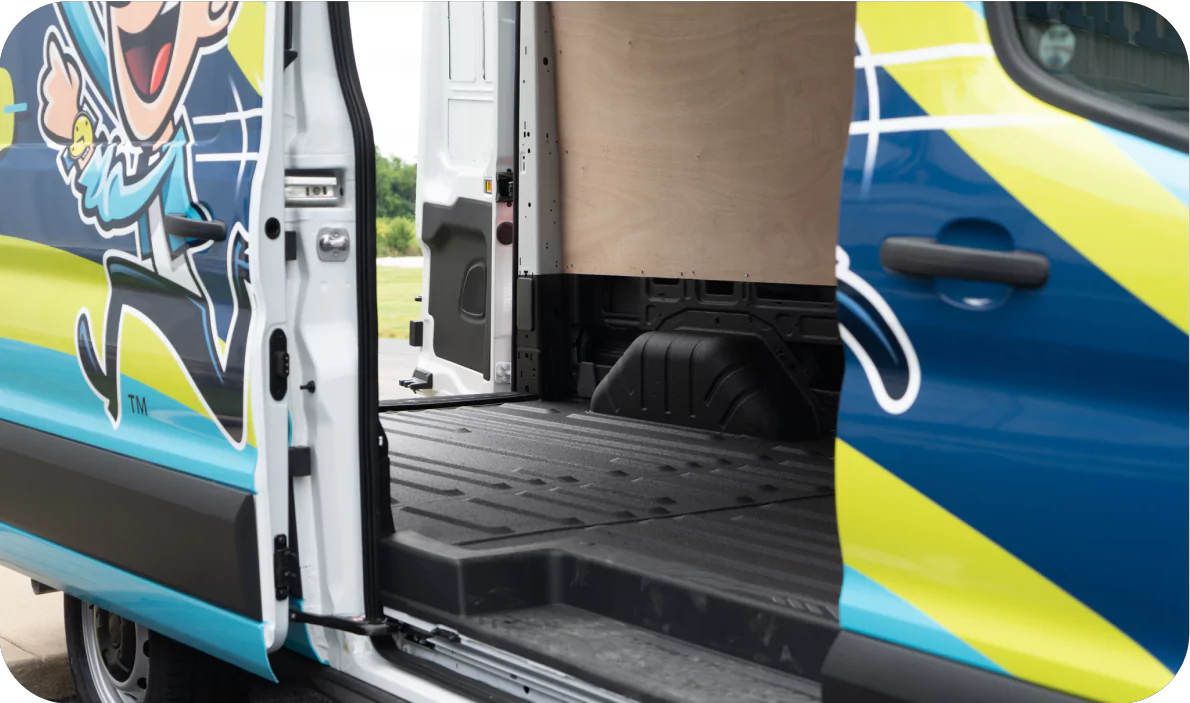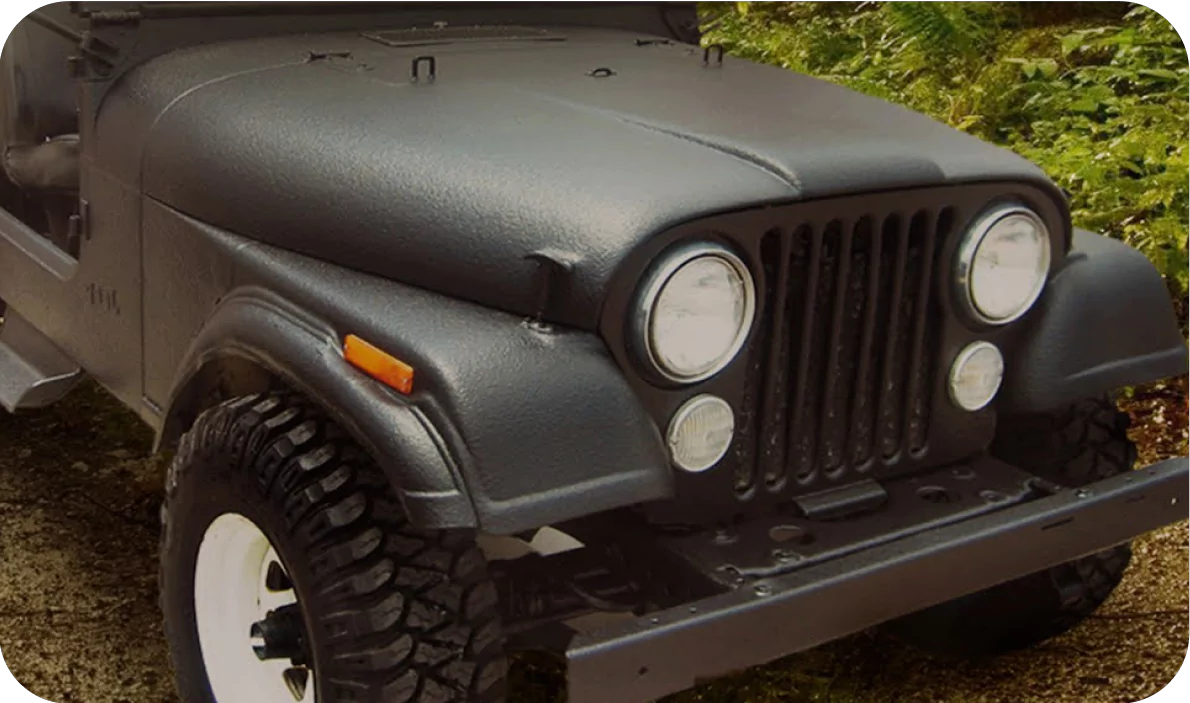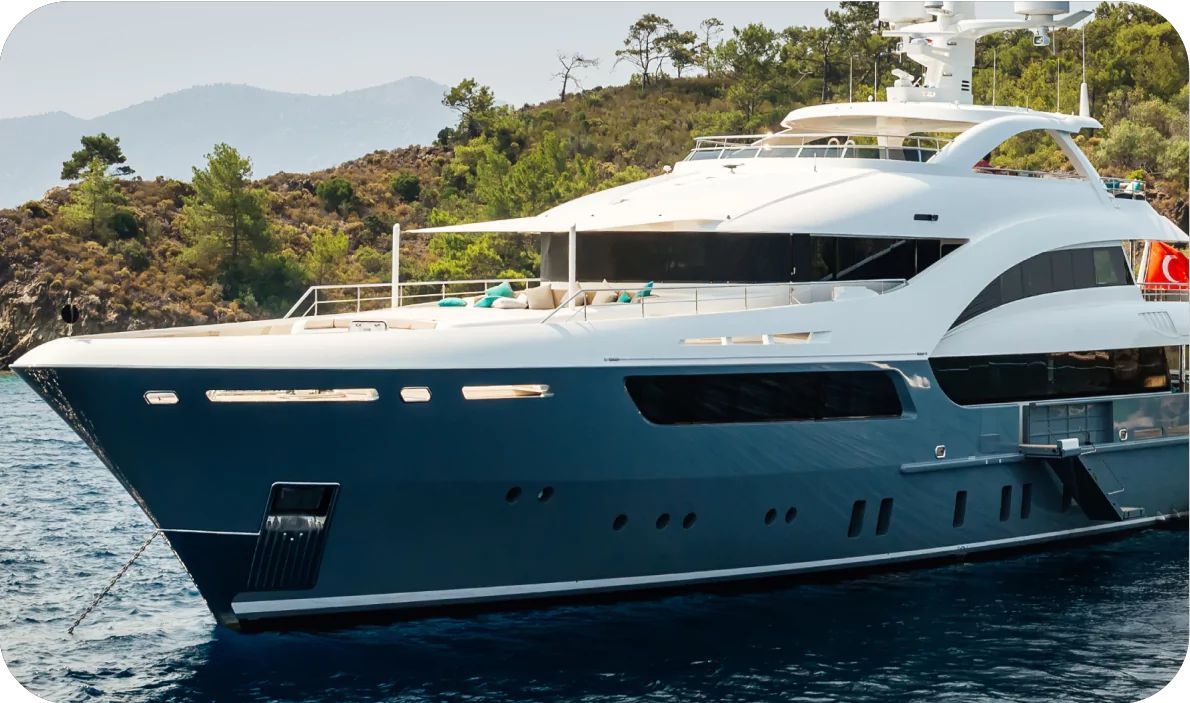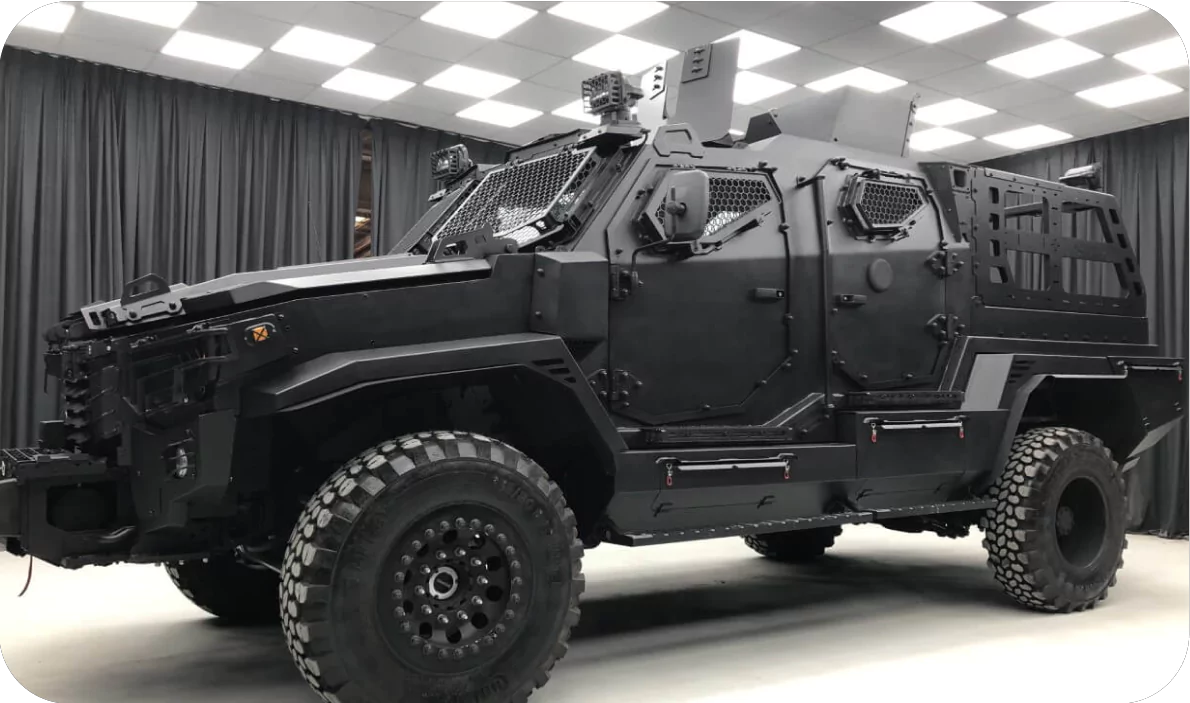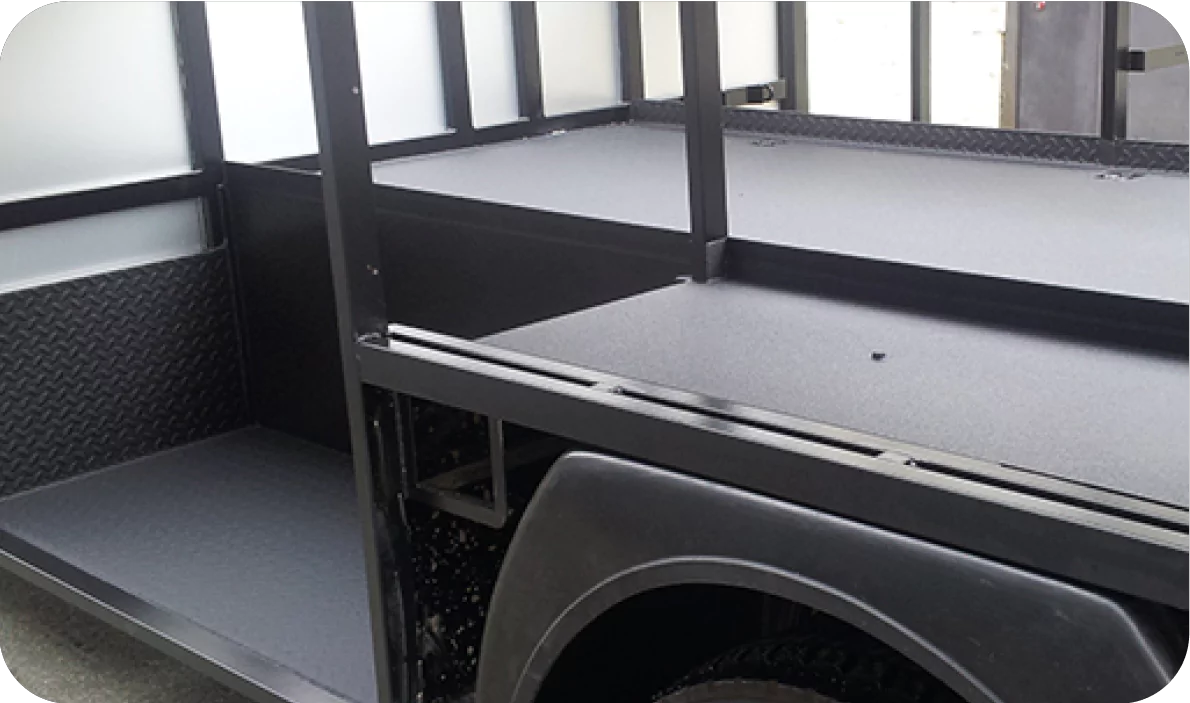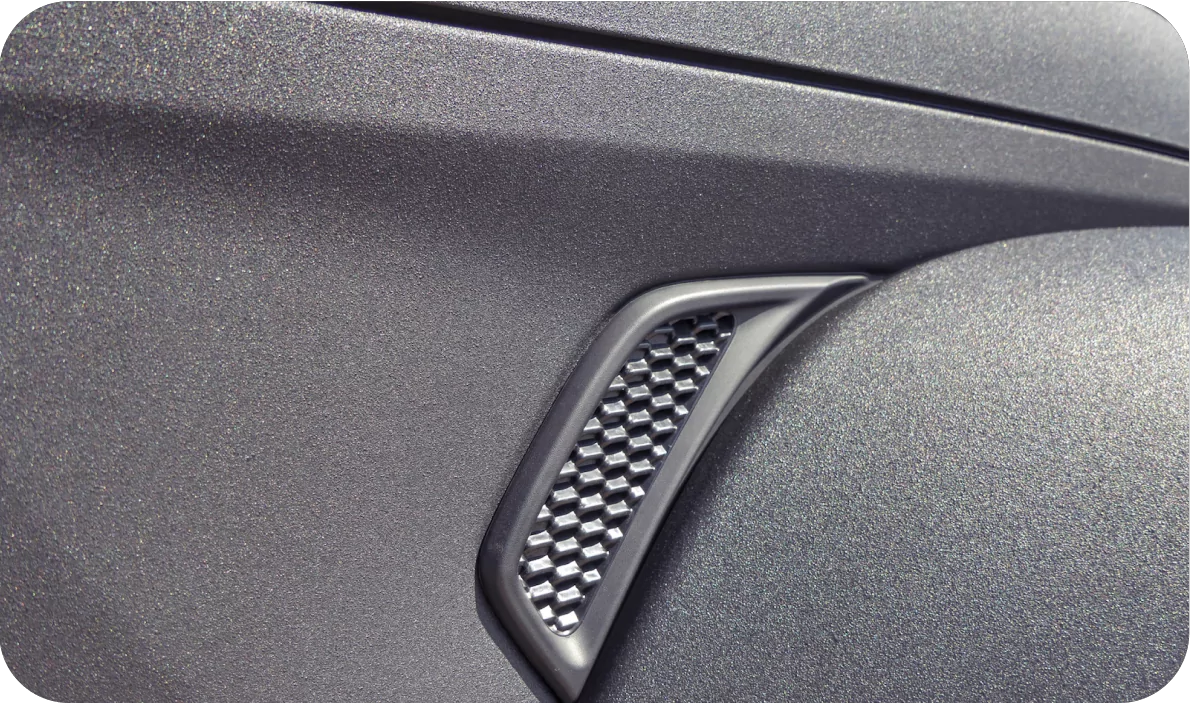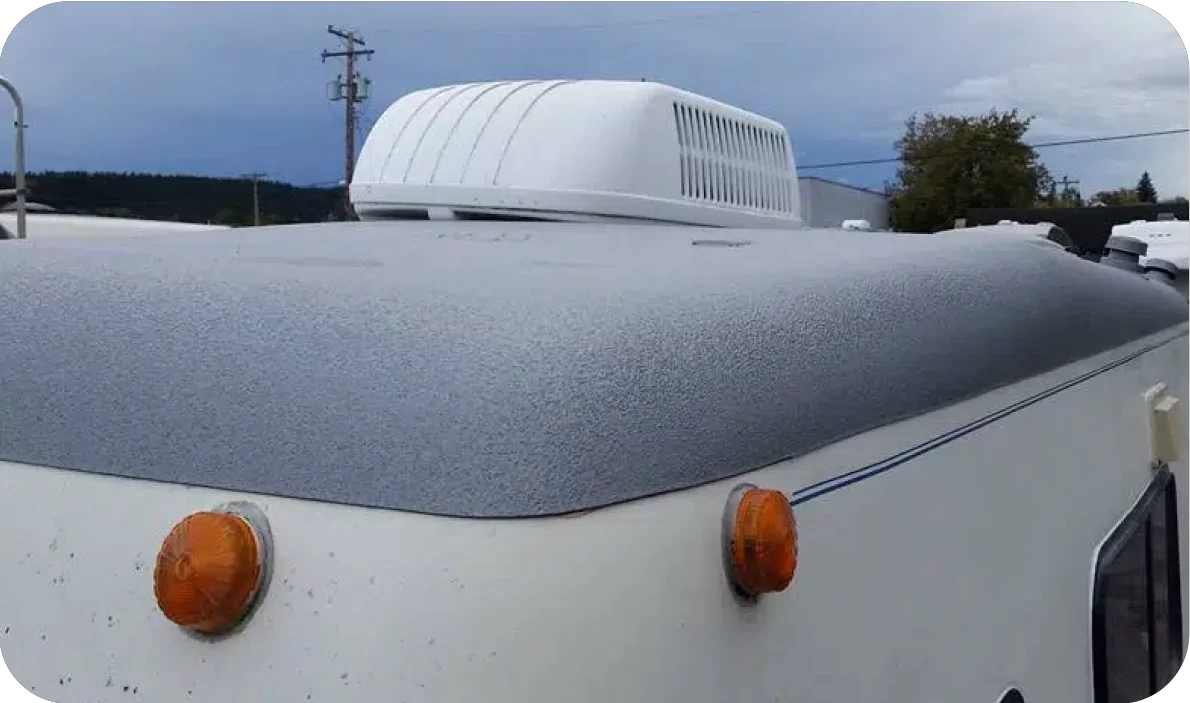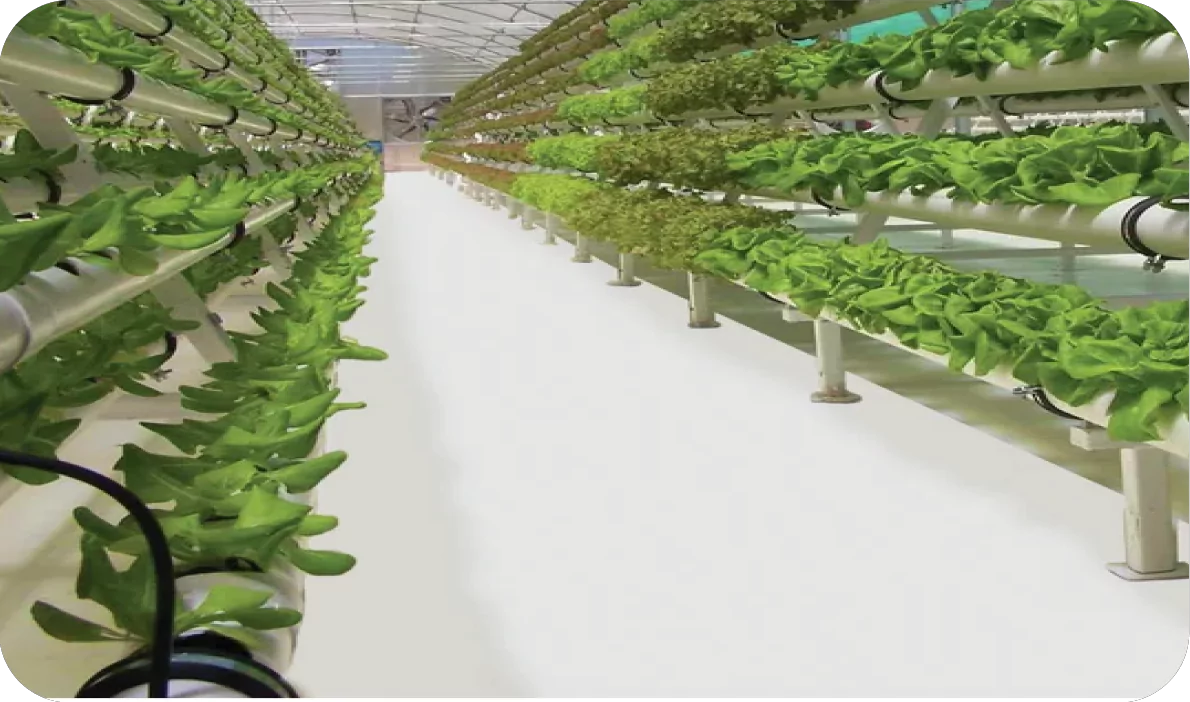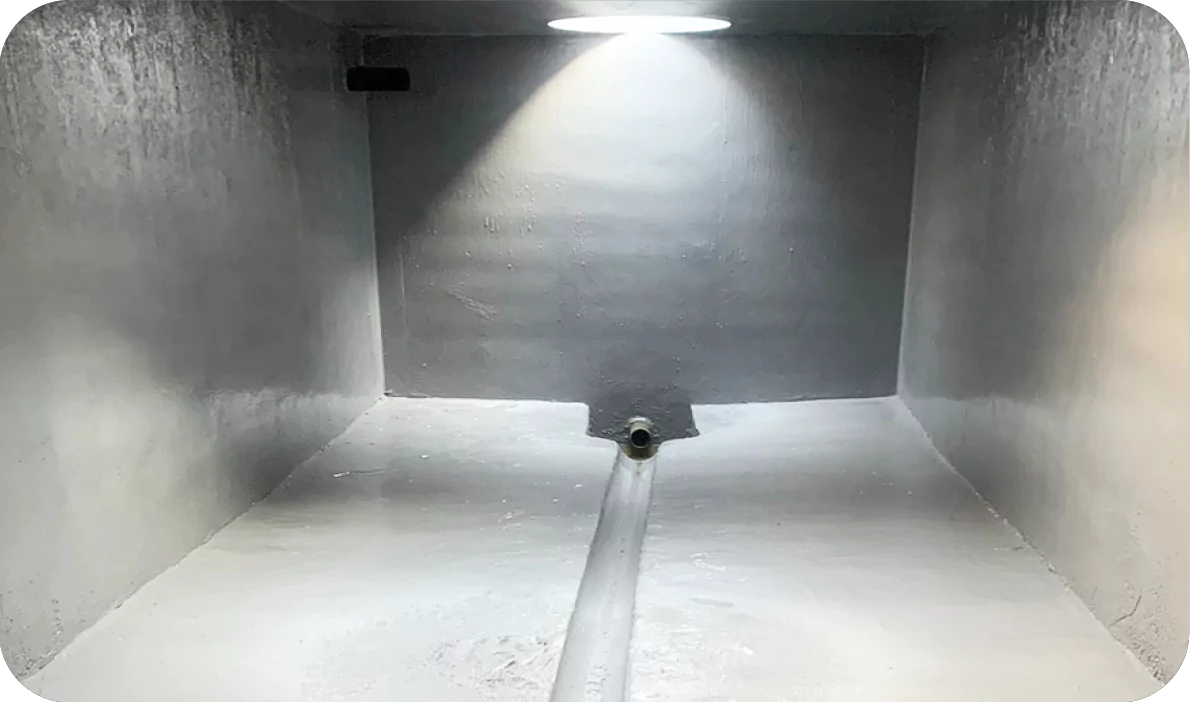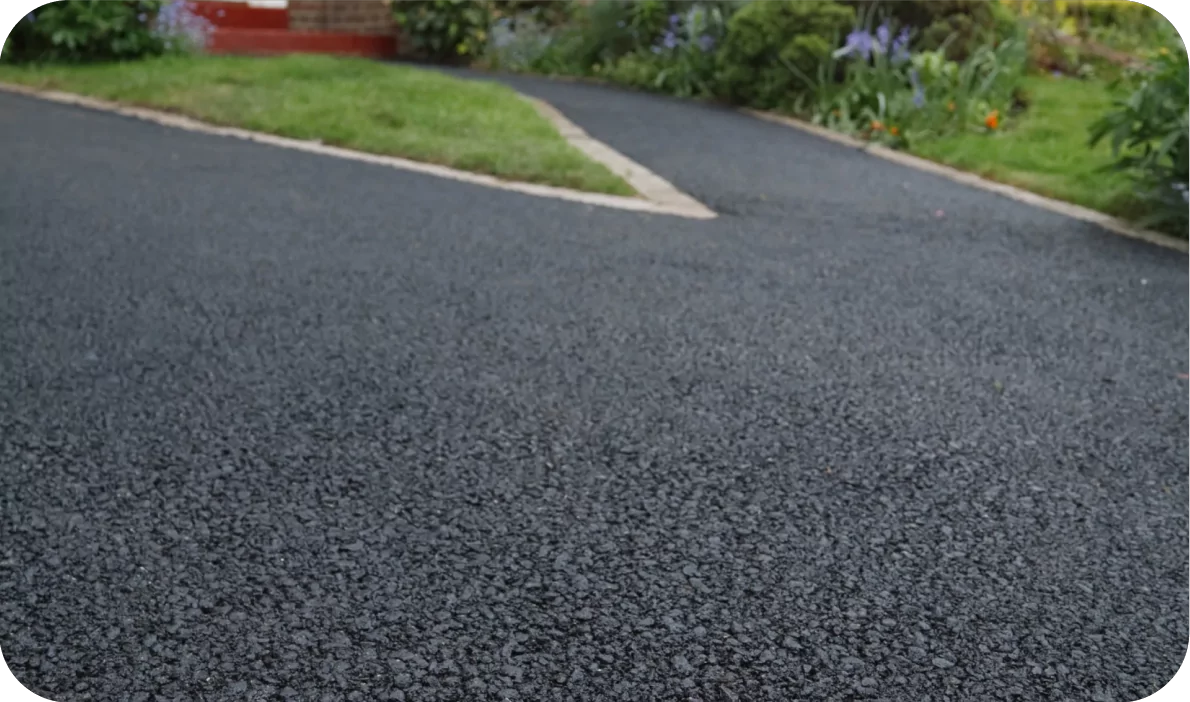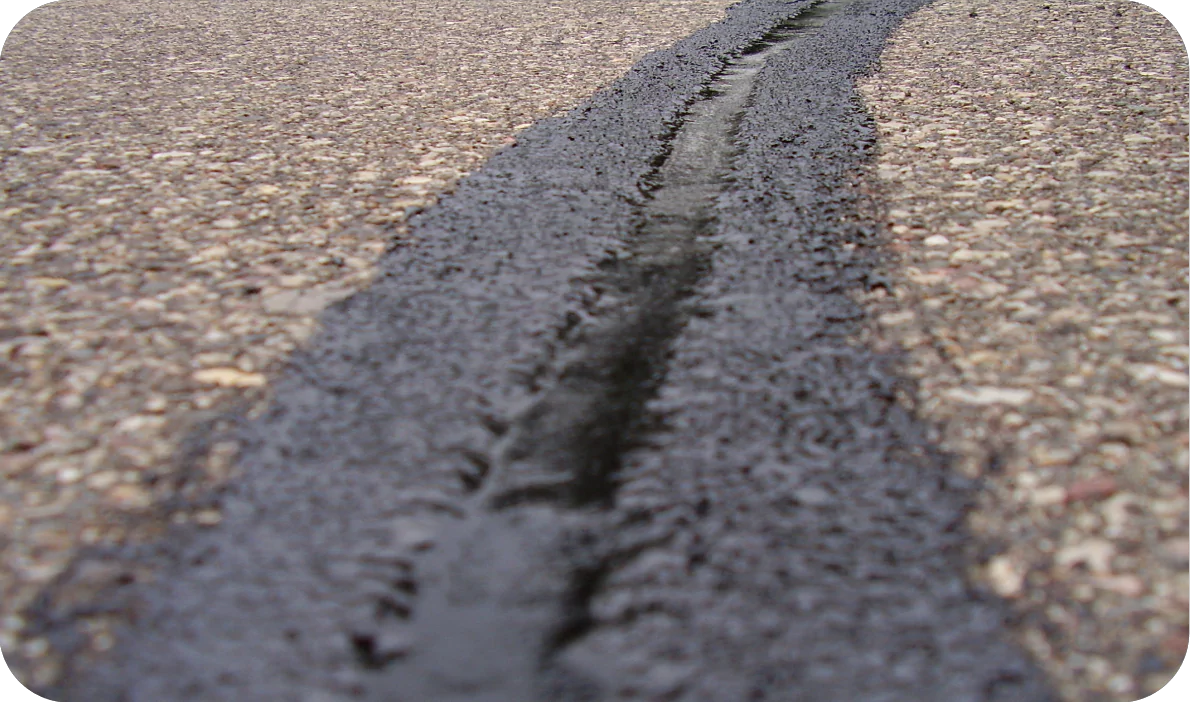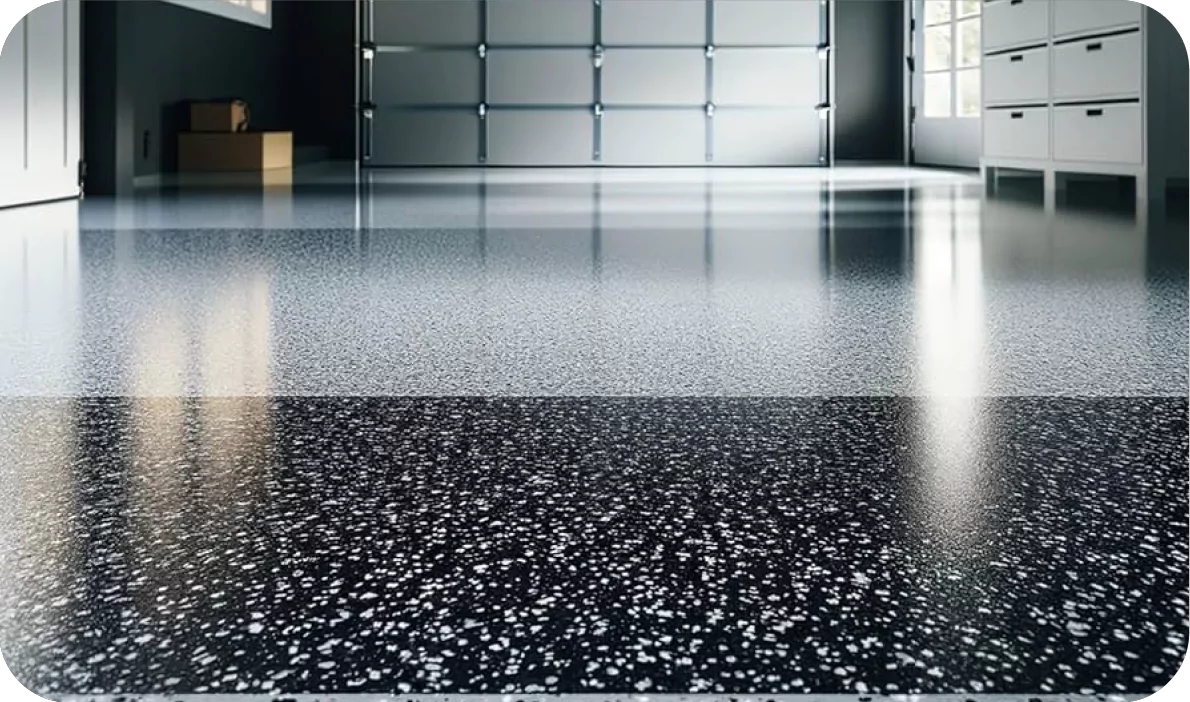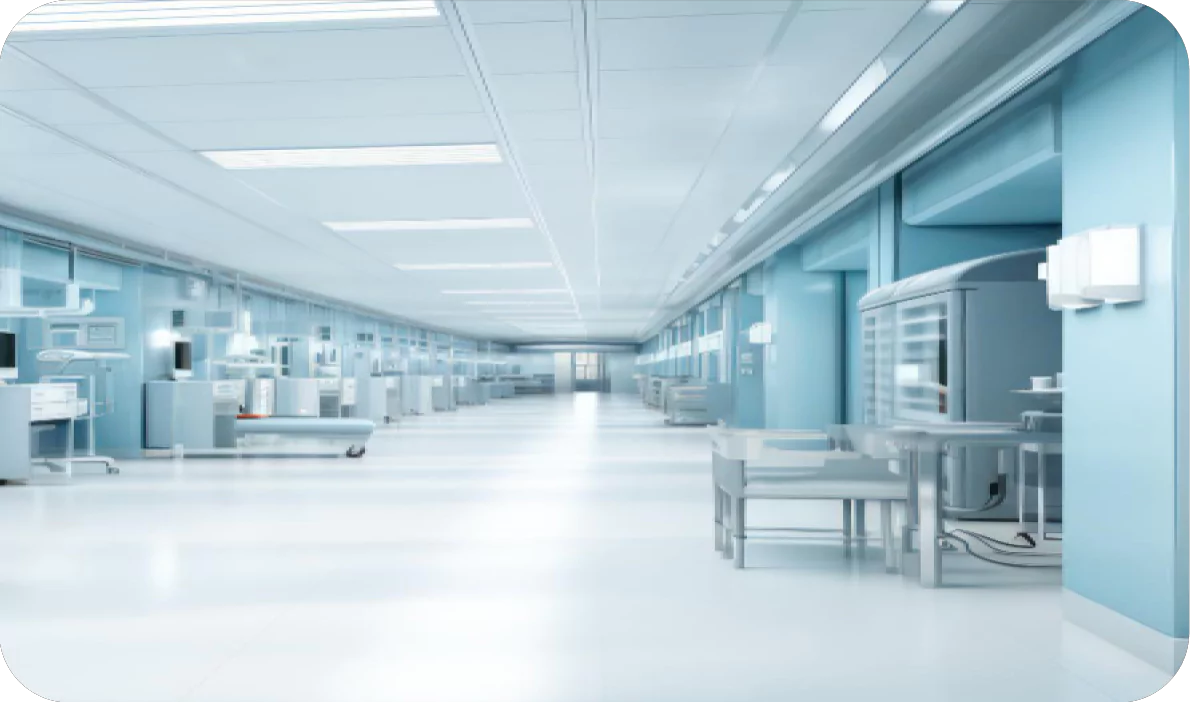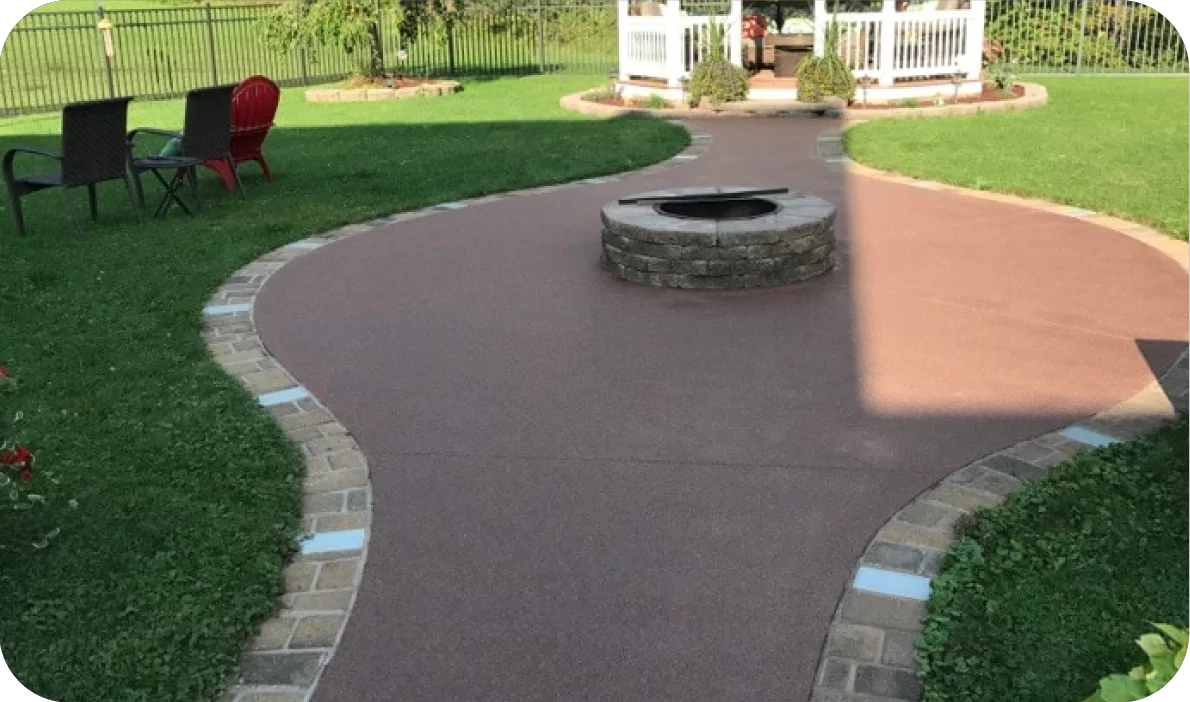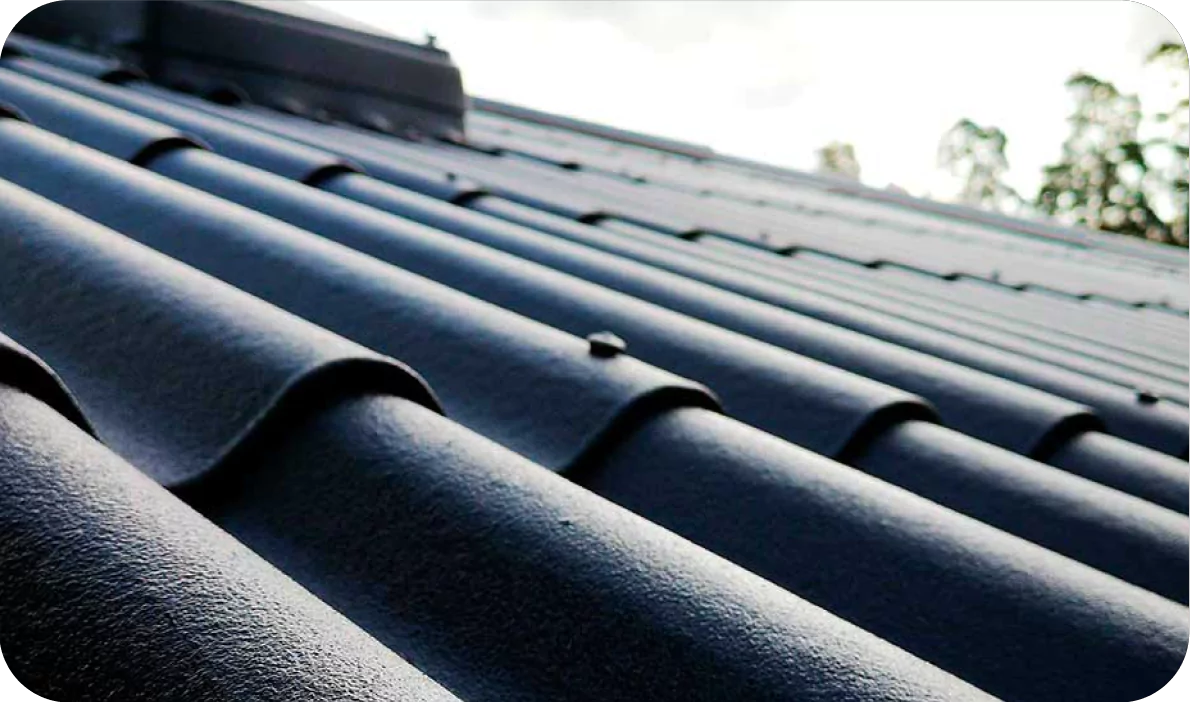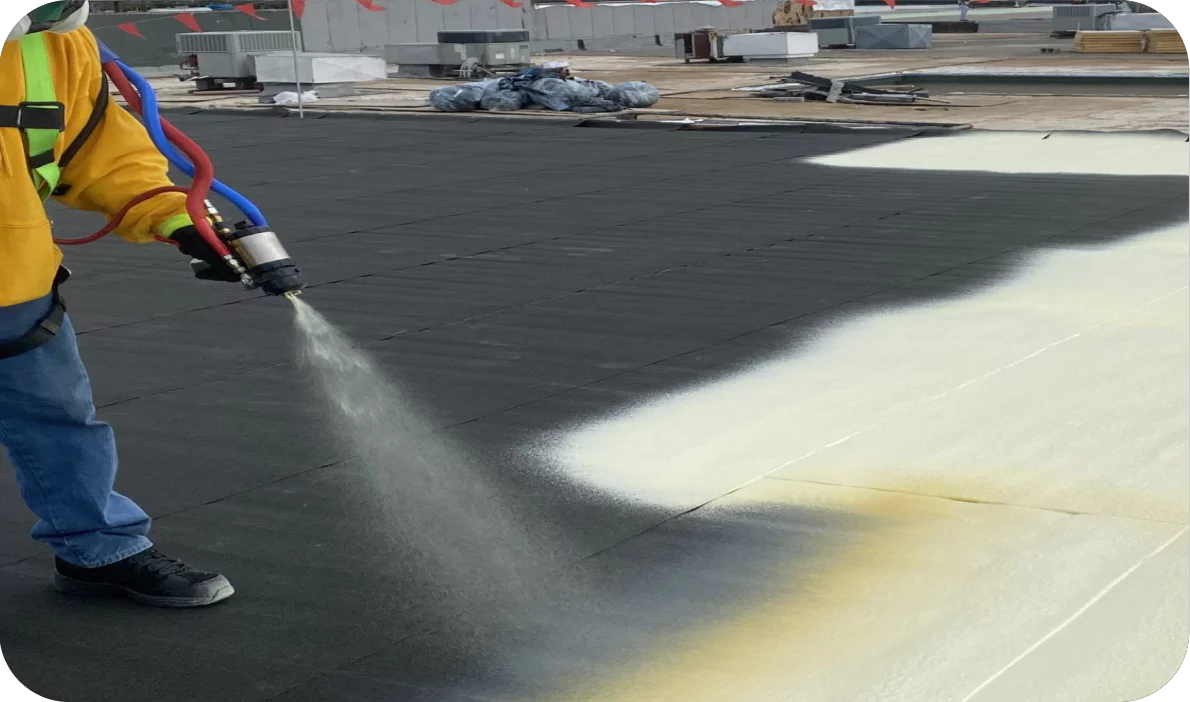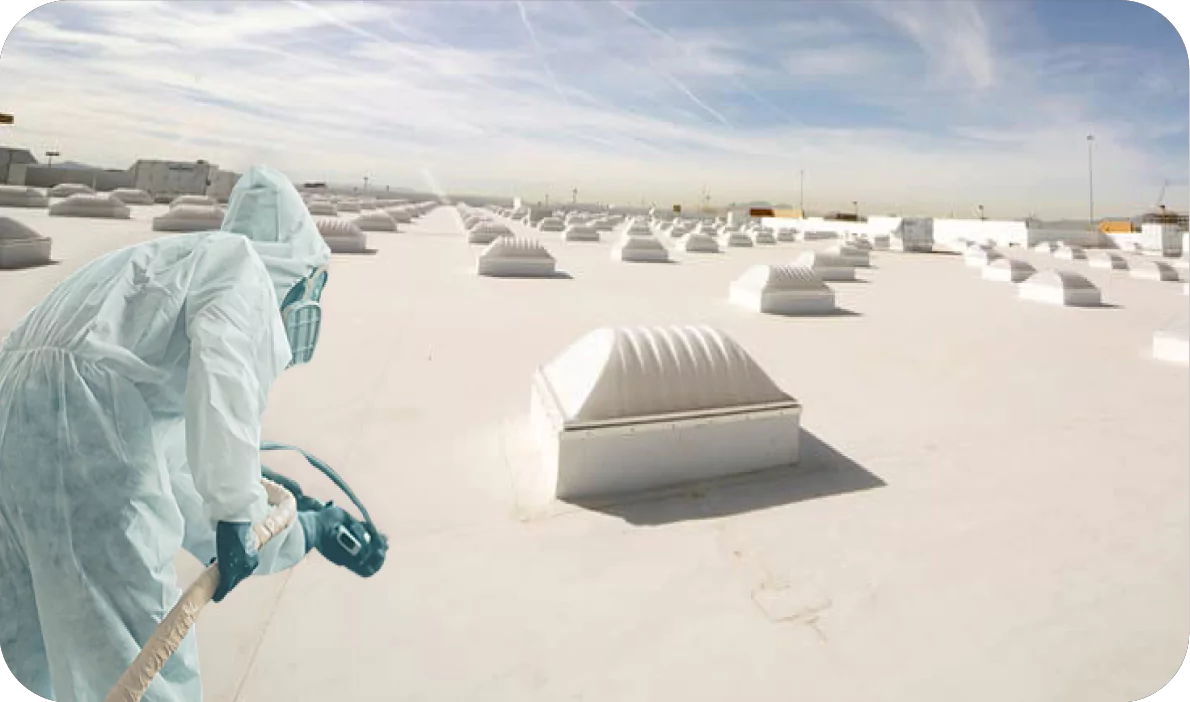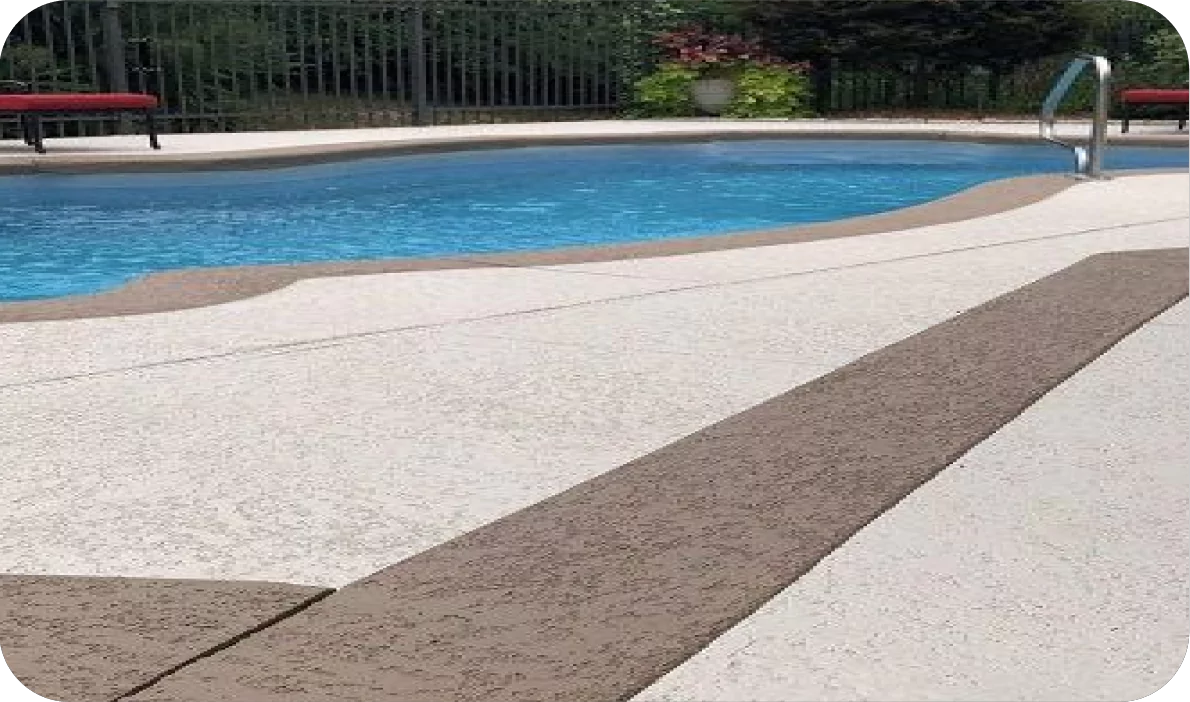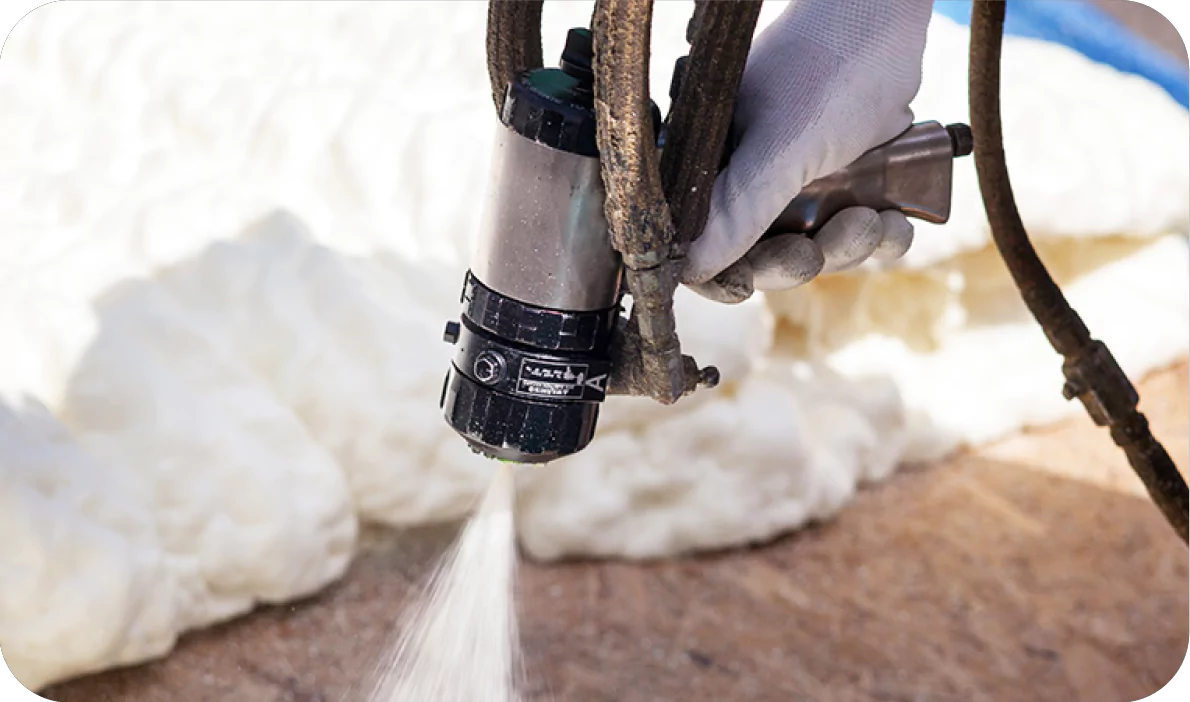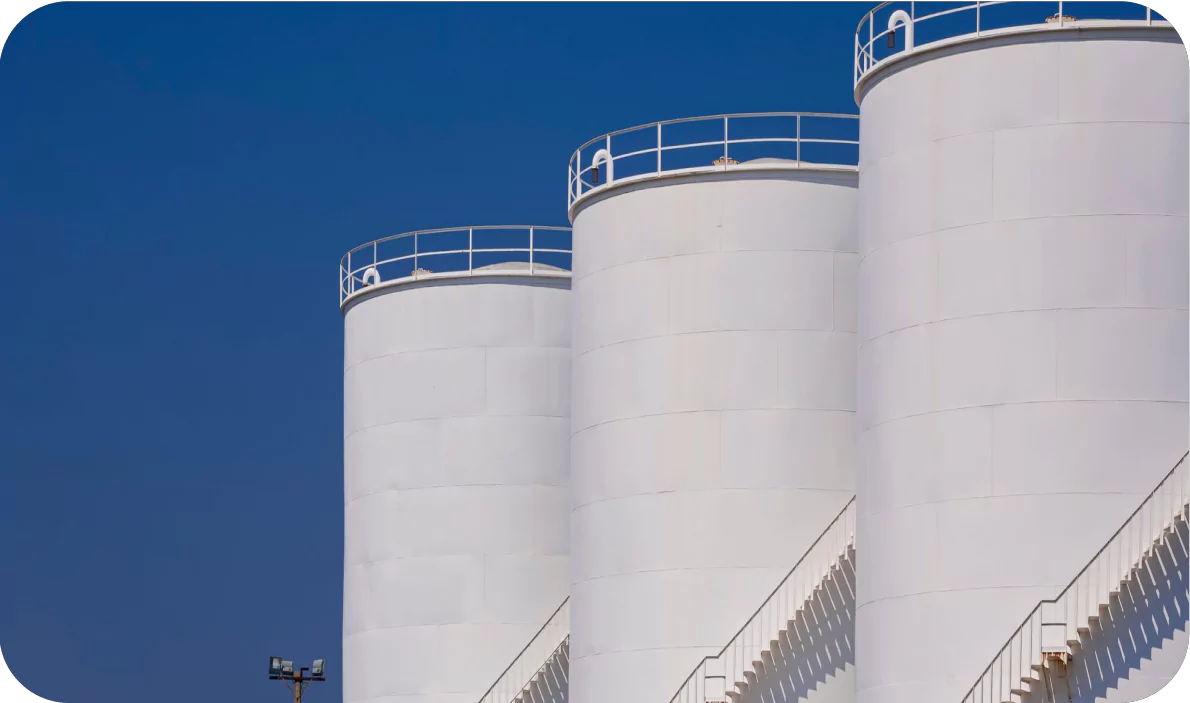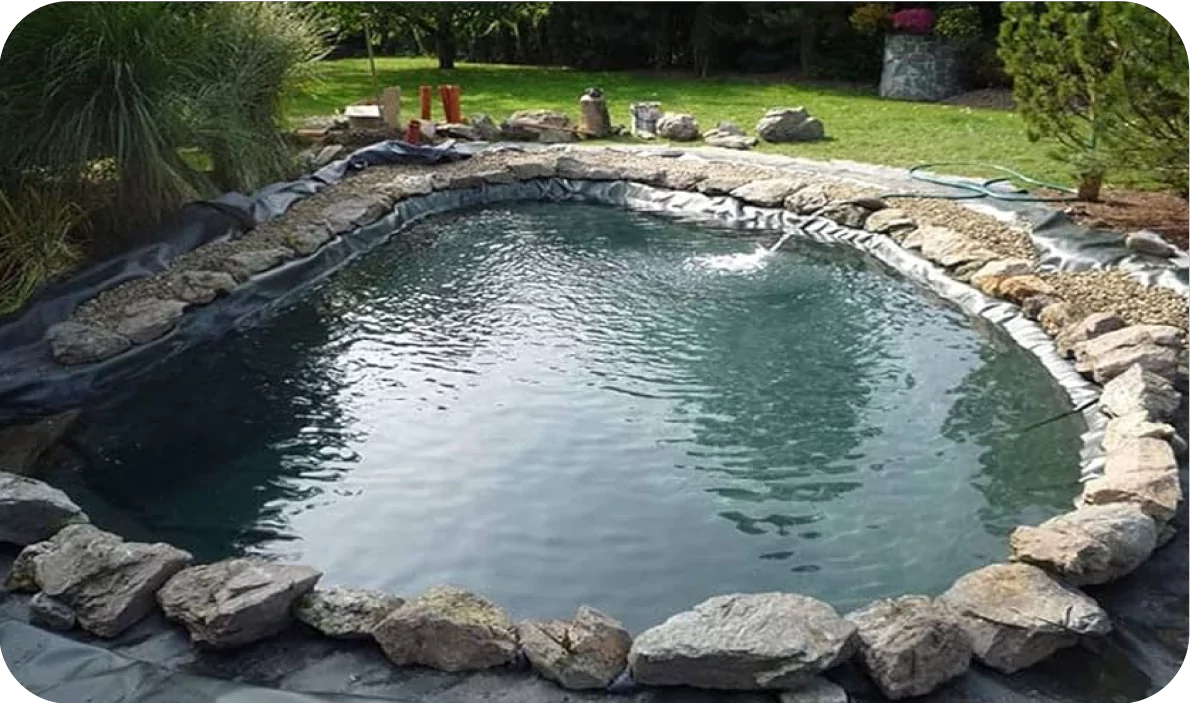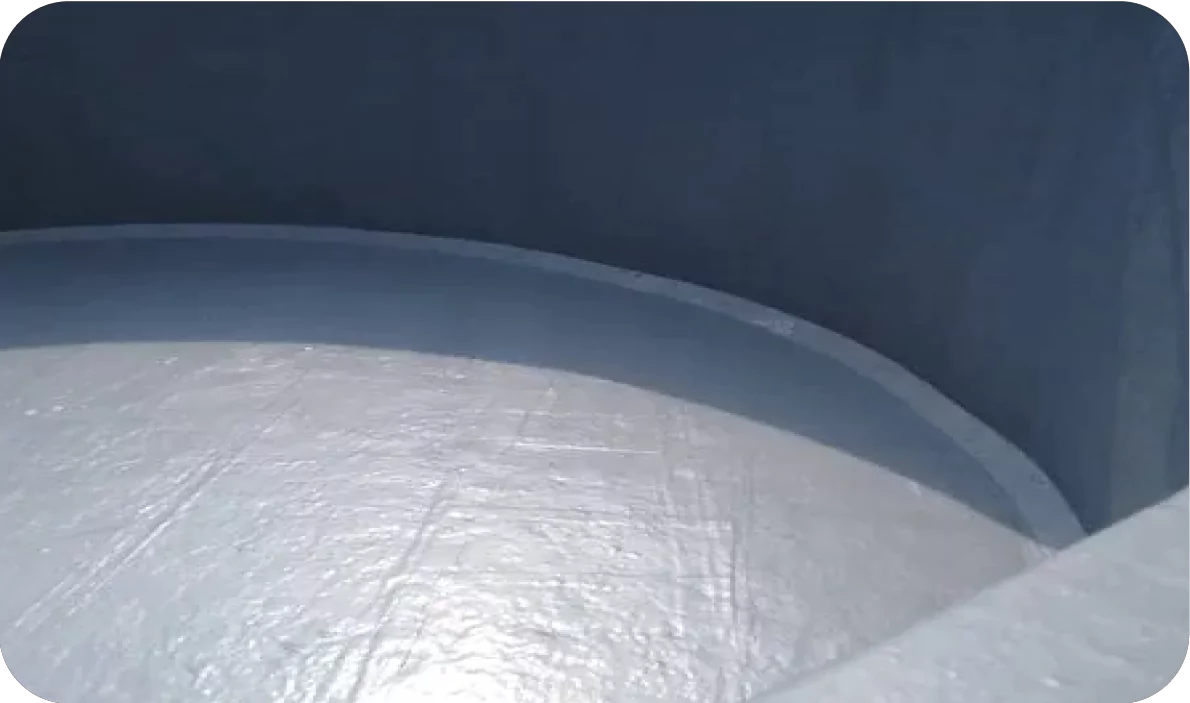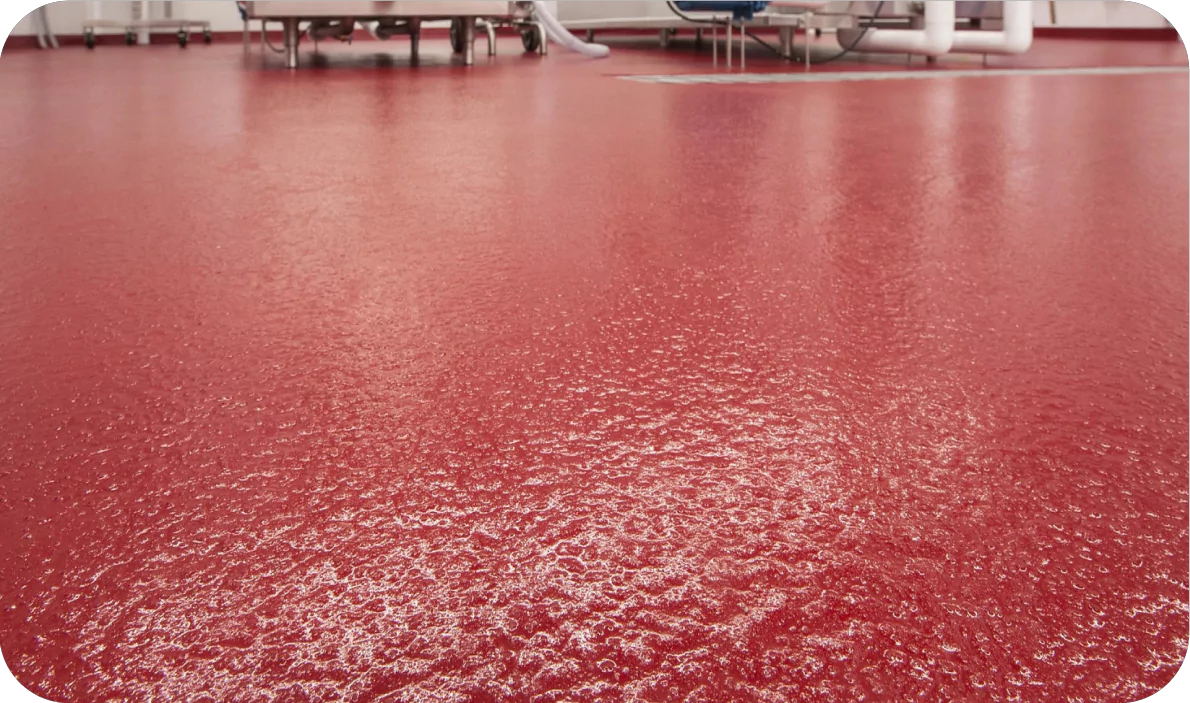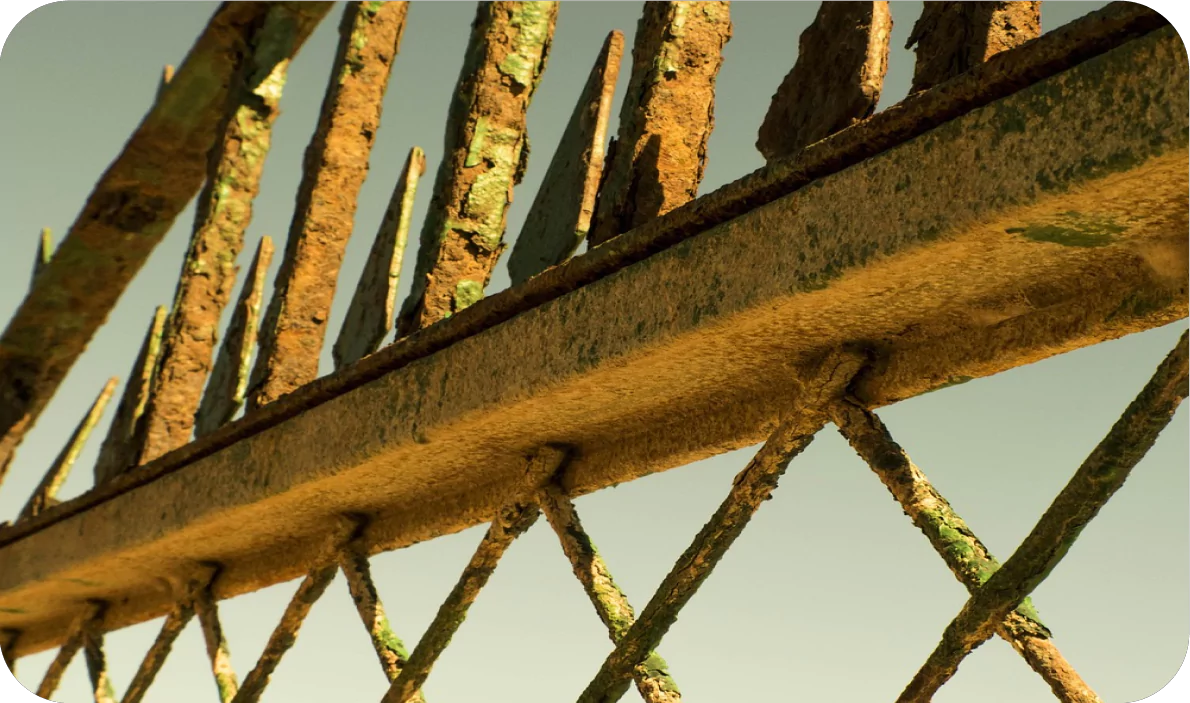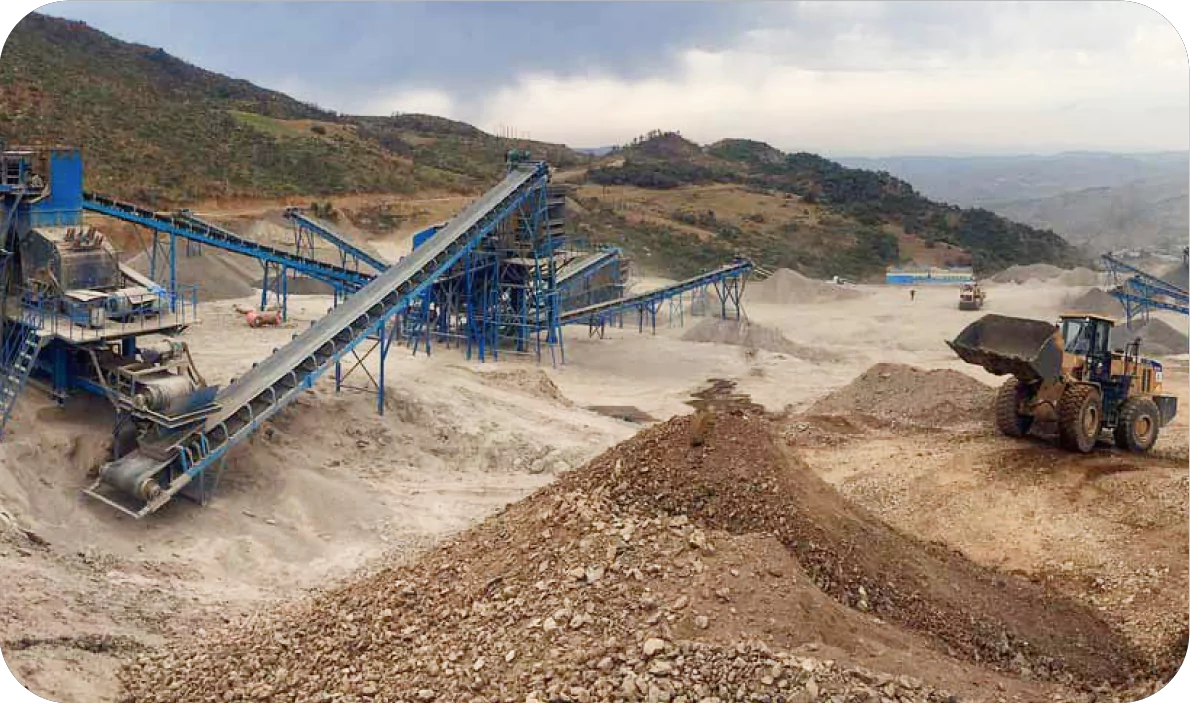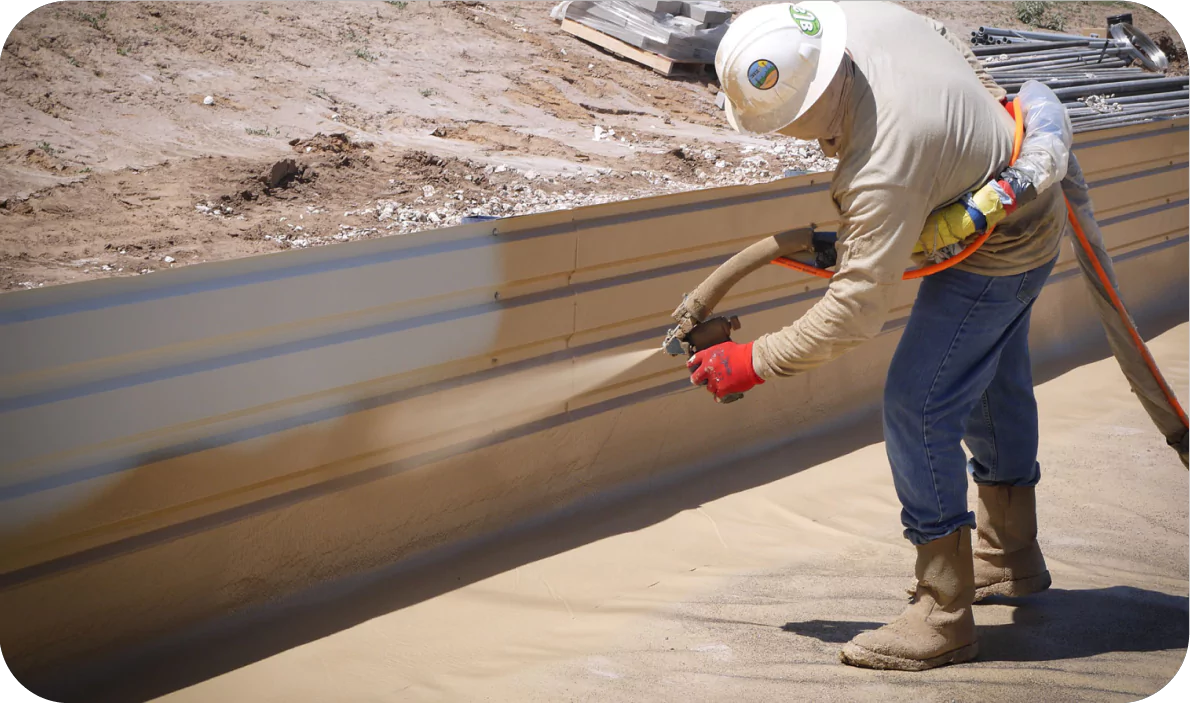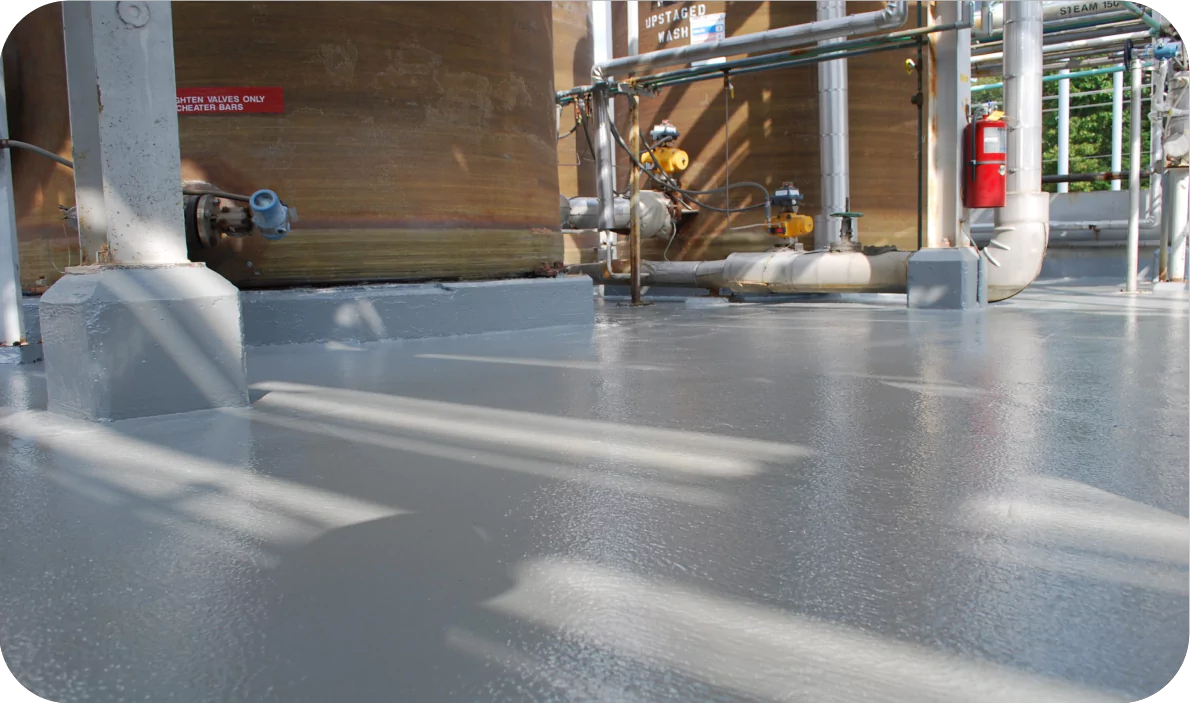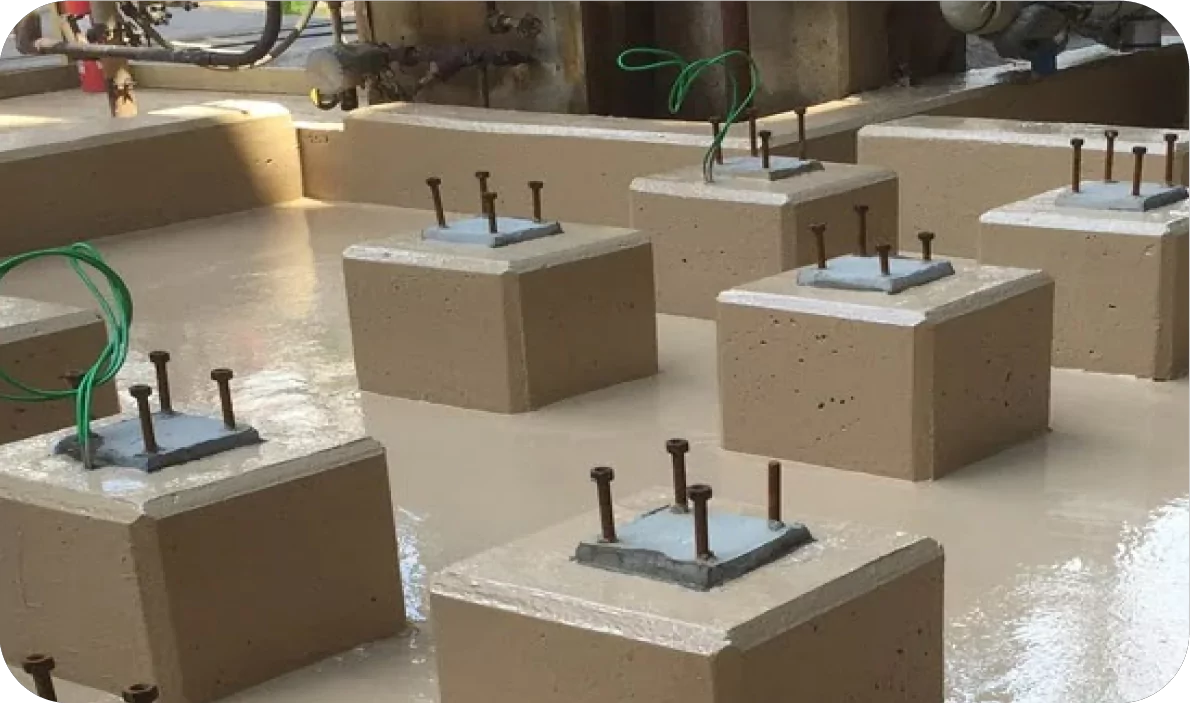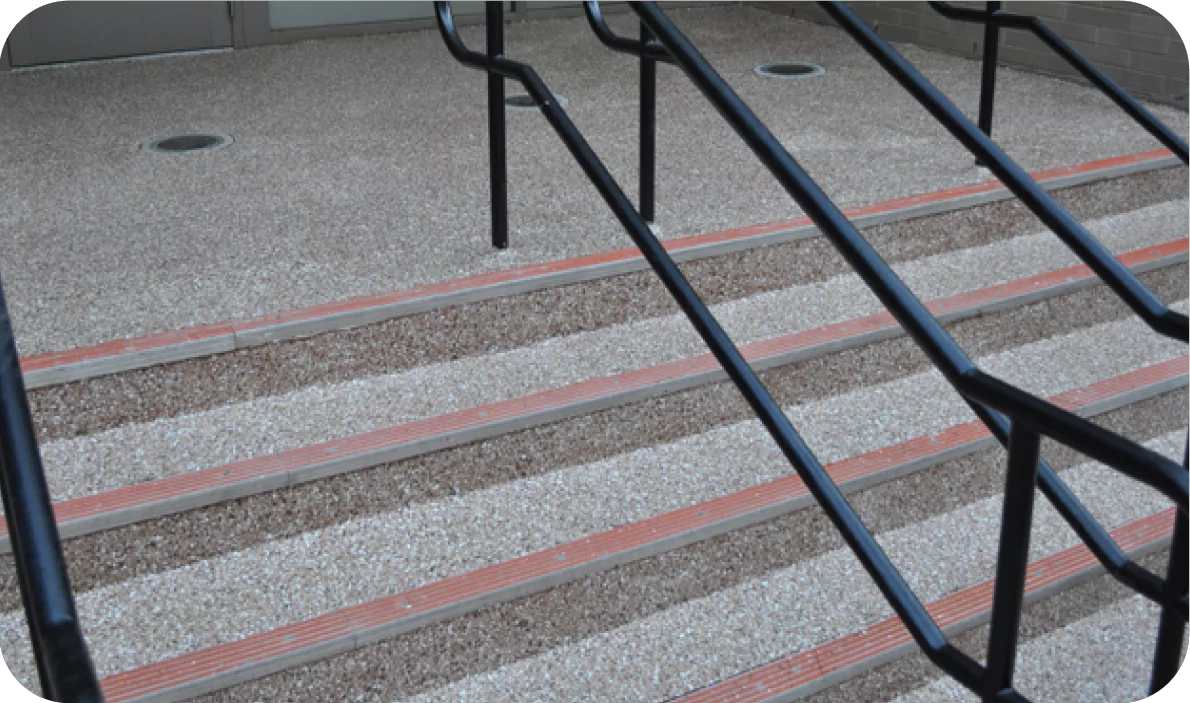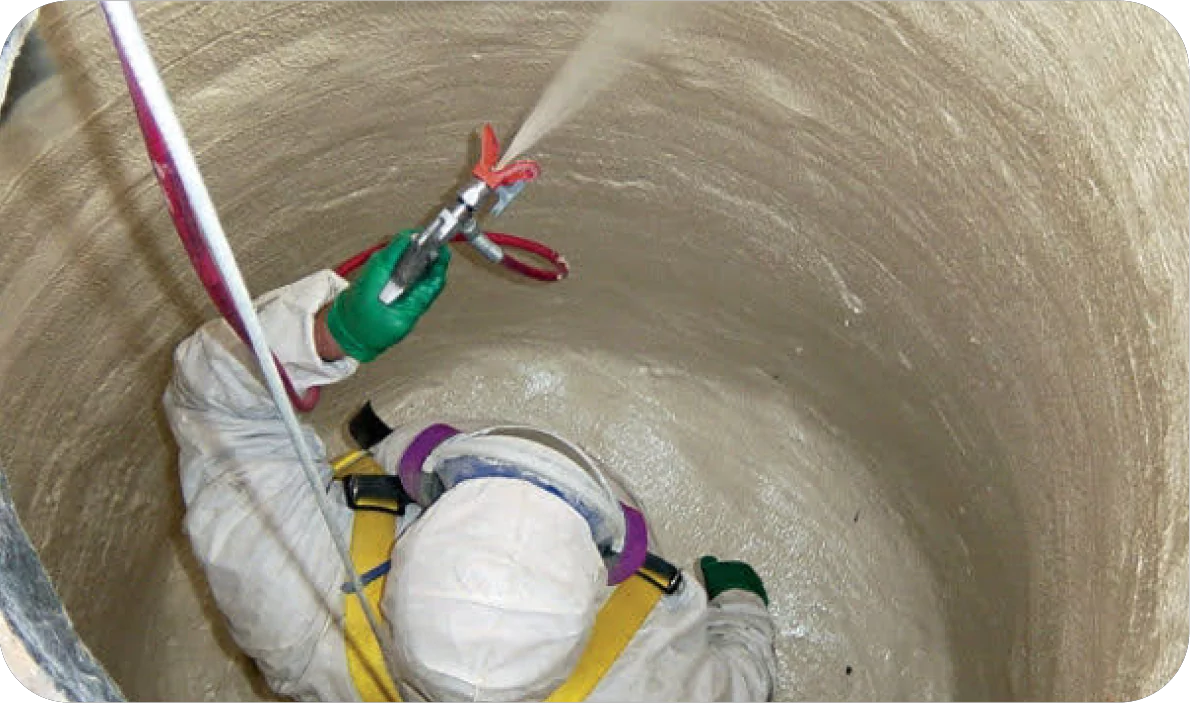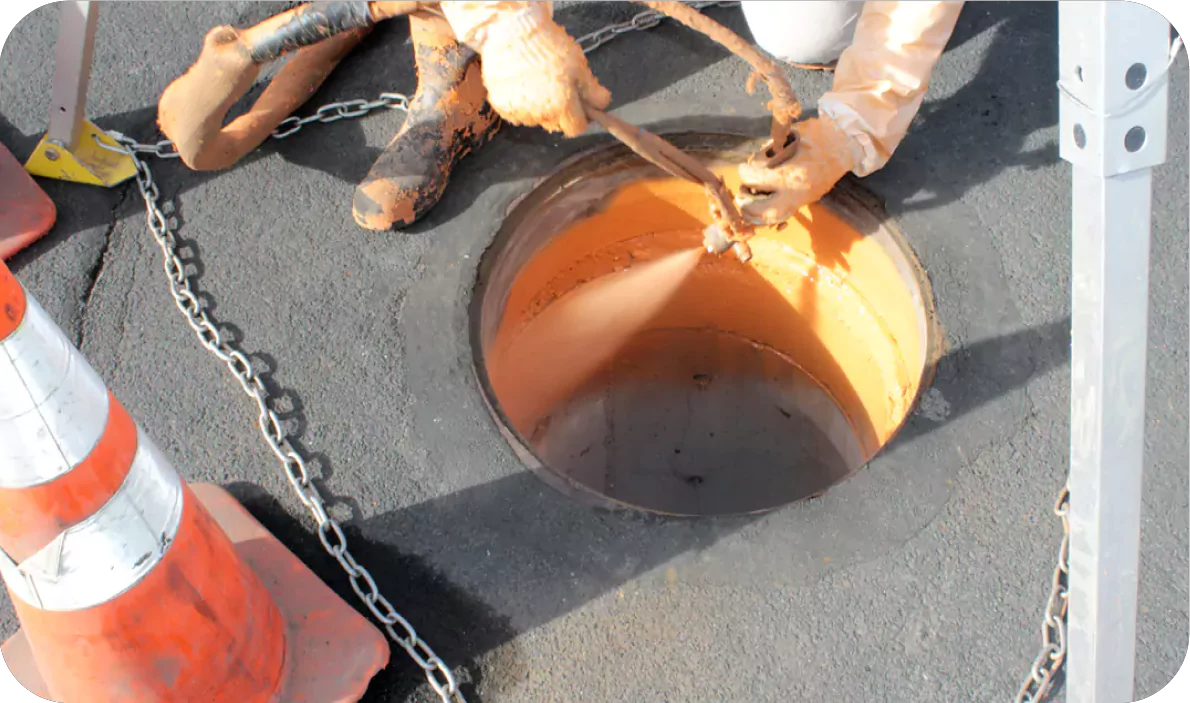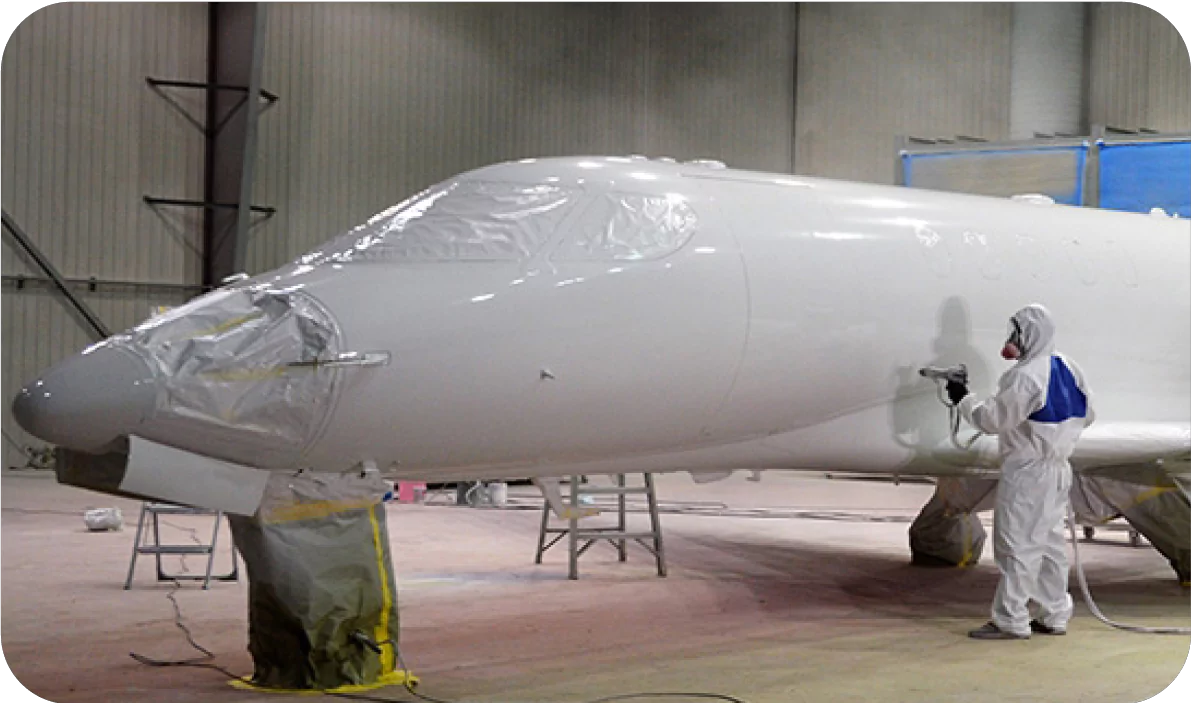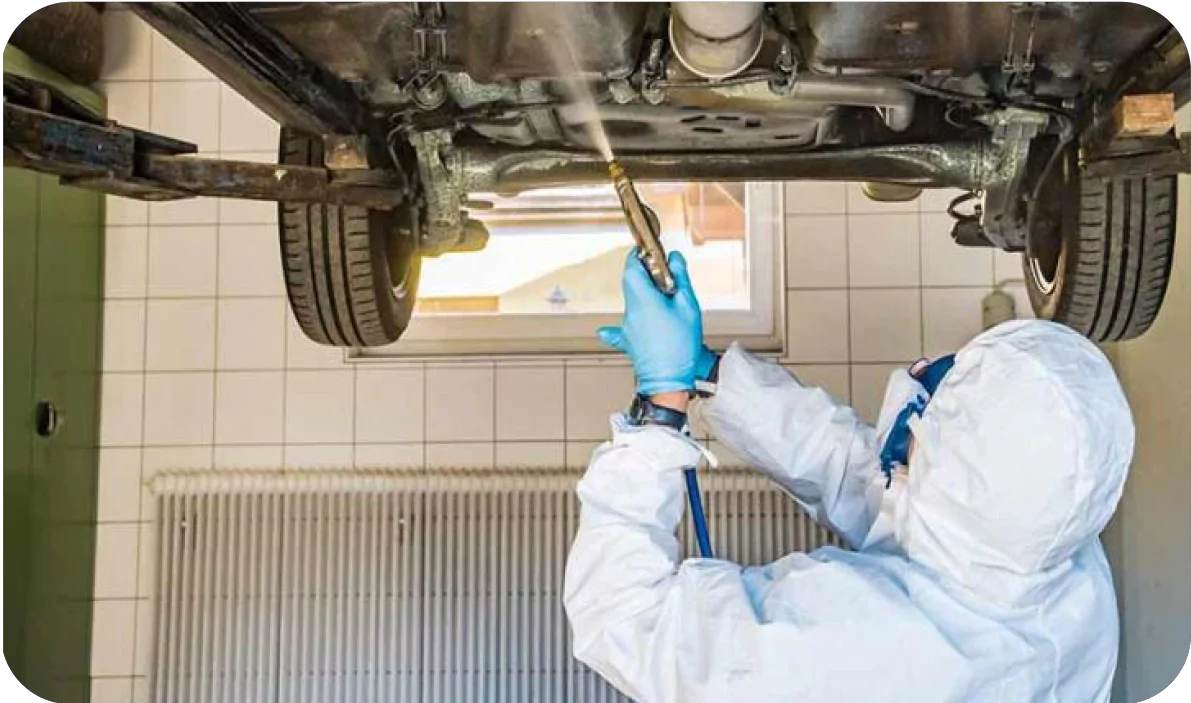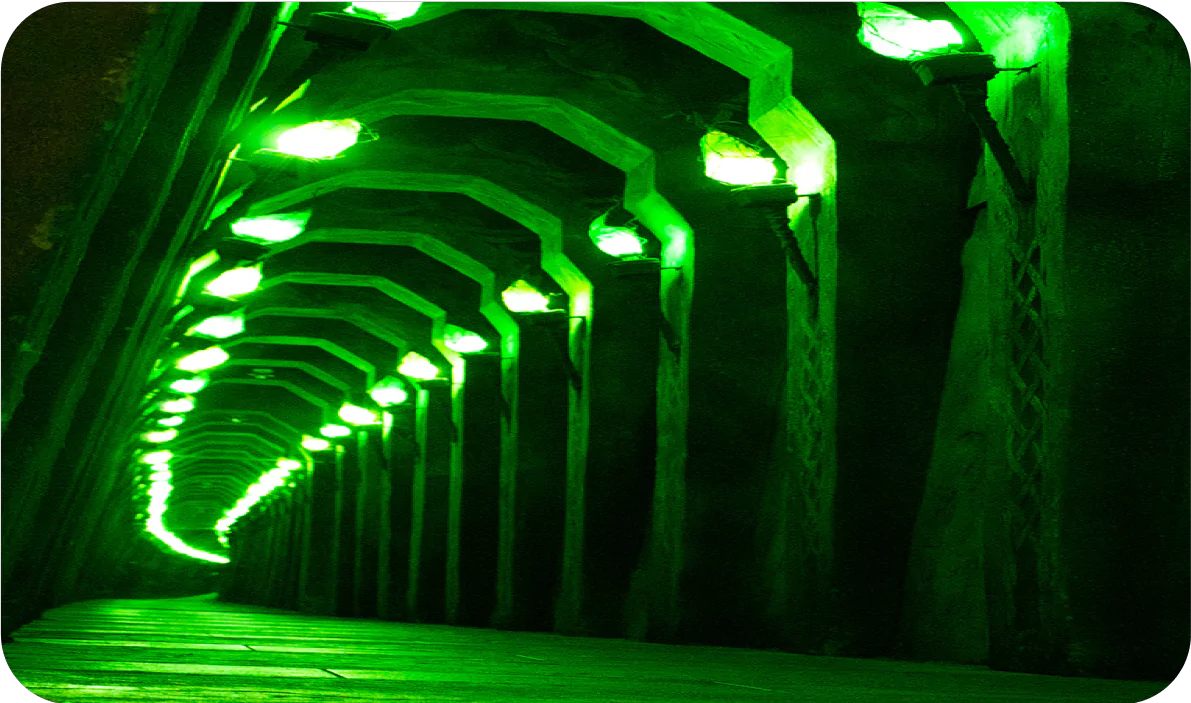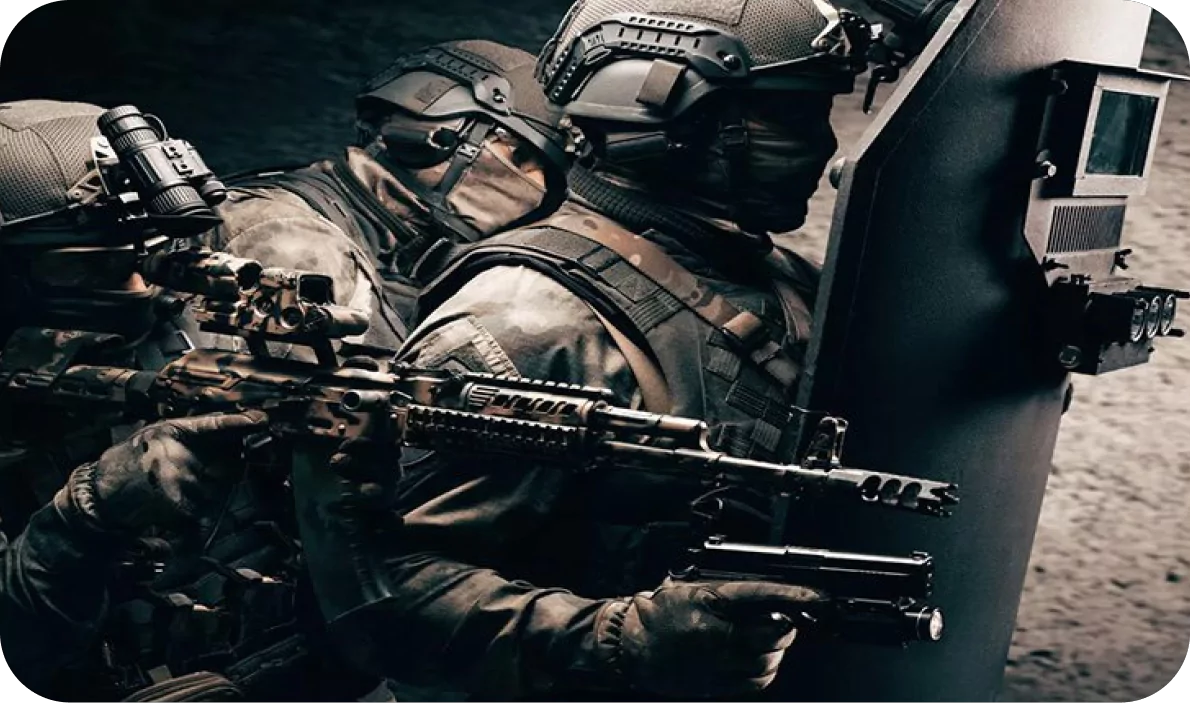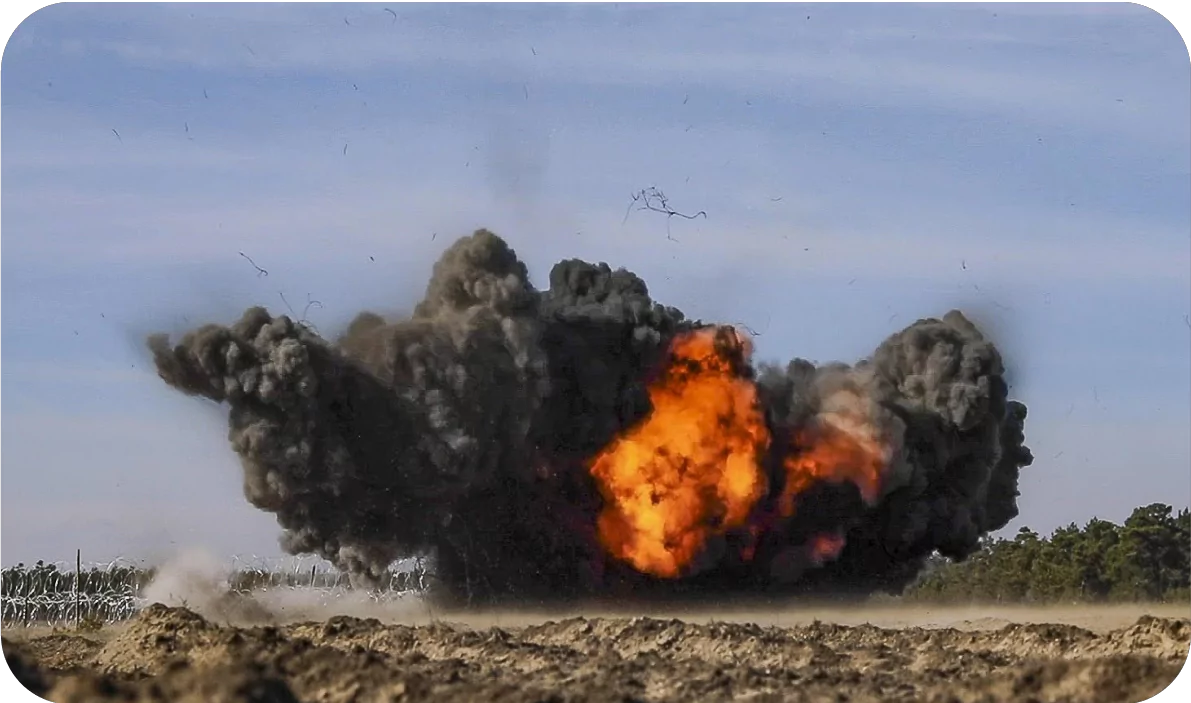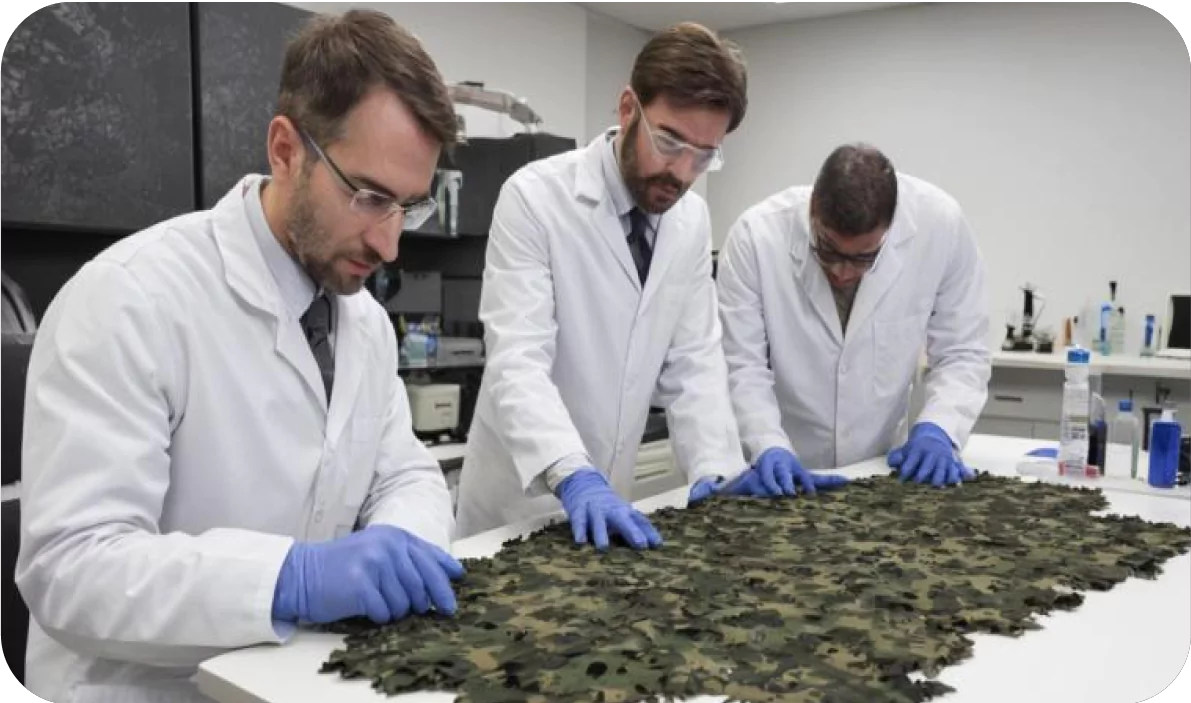In today’s advanced world, technological advancements have led to amazing discoveries. Humans are constantly pushing the boundaries of innovation. Various types of coatings are available to cover a range of surfaces, with antimicrobial coatings being an example. These specialized coatings are crafted from materials with advantageous qualities that significantly influence the treated surfaces. They serve a role in safeguarding against diseases. Maintaining hygiene standards benefits both surfaces and individuals. This comprehensive guide offers insights into coatings, encompassing their advantages, potential risks, and the associated products.
WHAT ARE
ANTIMICROBIAL COATINGS?
Antimicrobial coatings utilize chemicals to inhibit the proliferation of pathogens through disruption of membranes. Simply put, an antimicrobial coating involves applying a substance to a surface to hinder the development of microorganisms that cause diseases. These coatings enhance the surface’s durability and ability to resist corrosion while safeguarding it against disease-causing microorganisms.
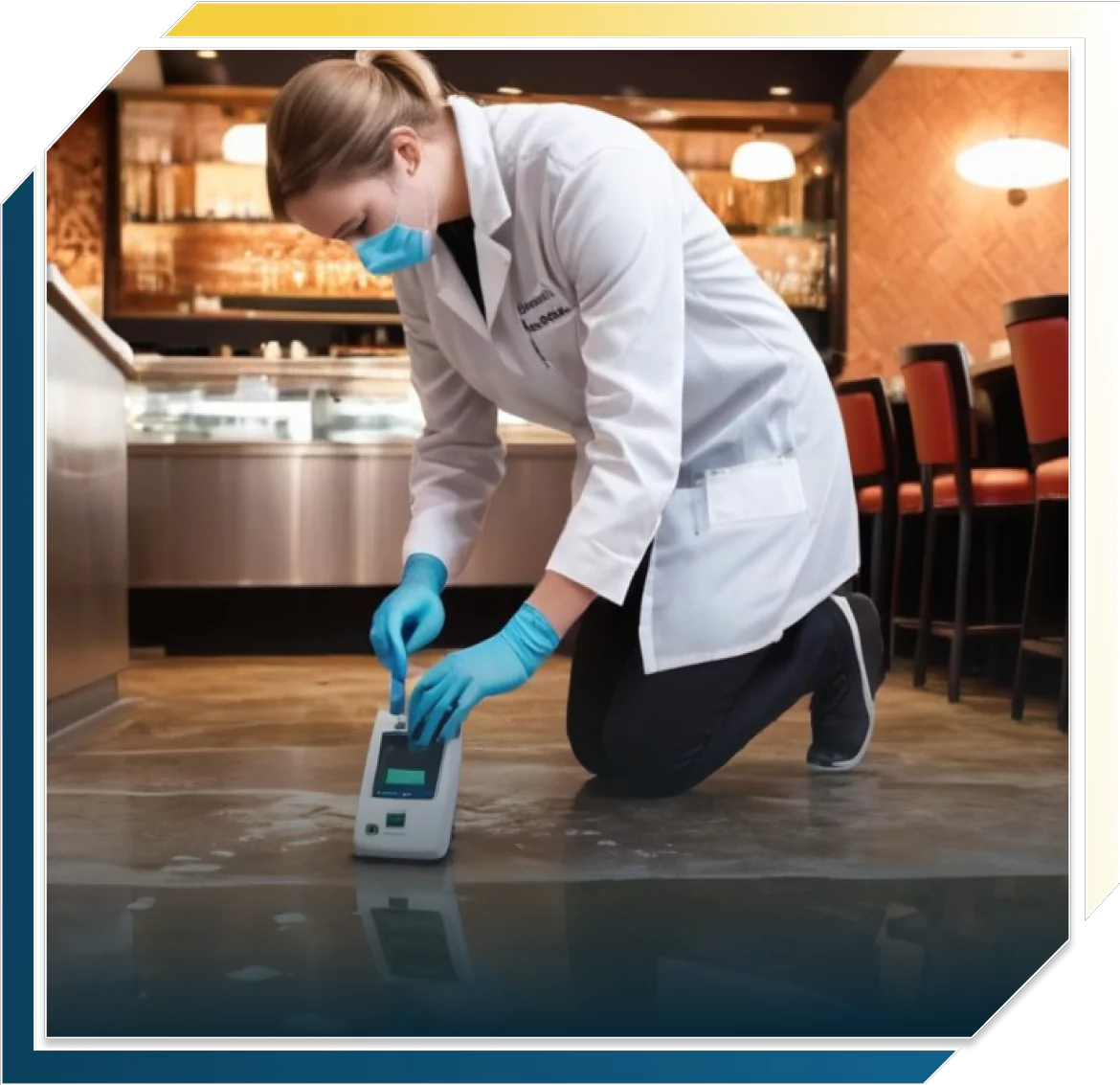
benefits of ANTIMICROBIAL COATINGS
As exposed by the European Center for Disease Prevention and Control, more than 4 million people get a Healthcare-Associated Infection (HCAI) each year, which results in 37,000 deaths. The healthcare sector is facing a major problem in fighting HCAIs. HCAIs rank 6th in the list of leading causes of death in Western countries. The situation is worse for countries that are establishing themselves.
Surfaces must be protected from microorganisms and bacteria. This is not only true for surfaces/medical devices. This requirement is much more widespread. Everything is susceptible to microbes, from surfaces and devices to walls and fabrics to food and fabric, eventually allowing them to reach human beings. To prevent the growth of bacteria, it is impossible to keep surfaces clean, disinfected, or apply strong chemicals to them. Antimicrobial coatings are the best option in this situation. This simple process involves coating the surface with antimicrobial agents. It provides a safer and more durable service.
There is a growing demand for antimicrobial coatings in both the healthcare and commercial sectors. These coatings offer many benefits. However, they also have a growing use for domestic purposes.
polyurea floor coating benefits
Protective coatings can be used to prevent viral and bacterial infections in gyms and stadiums and restaurants, homes, offices, and other public places such as playgrounds, schools, parks, and restaurants. Polyurea floors can be cleaned easily and offer a protective coating against the coronavirus. It is possible to reduce infection risk by choosing the right type of flooring or coating.
Polyurea floor coatings are effective in preventing bacteria growth. It provides a seamless surface that helps prevent the growth of mold and other contaminants. Polyurea coatings improve slip resistance without compromising aesthetic appeal.
- Plazas, schools, and airports have the ideal floor coating that keeps them clean and prevents virus contamination. Mold and bacteria can cause health problems for occupants. Protective coatings such as Polyurea are recommended.
- Seamless flooring can allow water and other contaminants to build up, leading to health problems for occupants. Polyurea floors can be used to prevent the spread of microbes such as the coronavirus. This floor coating seals cracks, crevices and prevents contaminants from building up.
- Polyurea offers advantages when applied in residences, medical facilities, eldercare centers or business establishments. It excels at warding off water and preventing mold from thriving. Unlike epoxy coatings polyurea remains unaffected by chemical spills or blemishes.
- Polyurea surfaces can be cleaned.
- Viral pathogens can cause mild to severe illness through infected respiratory droplets. Infected people can spread the virus to surfaces and air. Nearby, people can inhale infected droplets and come in contact with contaminated surfaces.
- You can break the transmission cycle by disinfecting surfaces and applying a floor coating such as Polyurea, which does not absorb water and allows microbes to flourish. Emory University’s studies revealed that household disinfectants such as soap and bleach could kill Coronavirus viruses on surfaces.
- Ordinary household disinfectants can be used to kill a virus. A report in the Journal of Hospital Infection states that viruses such as Covid19 can stay active in the air for up to three hours and can persist on stainless steel and plastic surfaces for up 72 hours if they are not sanitized.
- Failure to wash your hands frequently can result in transmission. For indoor and outdoor sanitization, businesses should use household bleach or a dilute sodium hypochlorite solution.
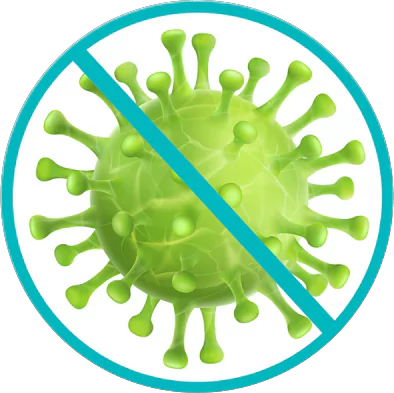
LONG TERM
HYGIENIC PROTECTION
smart release
ANTIMICROBIAL TECHNOLOGY
STOP THE GROWTH
EFFECTIVE IN STOPPING BACTERIAL GROWTH
WHAT ARE
ANTIMICROBIAL surfaces made of?
There are two approaches to developing a surface that prevents the proliferation of microbes. One method involves altering the characteristics, such as modifying the product and creating textures. The other approach is chemical modification, which entails utilizing surfaces, polymer grafting, nanomaterials, and various coatings like self-cleaning and antimicrobial coatings. When selecting a coating, it’s crucial to consider factors like safety, industry standards,, and the intended product application.
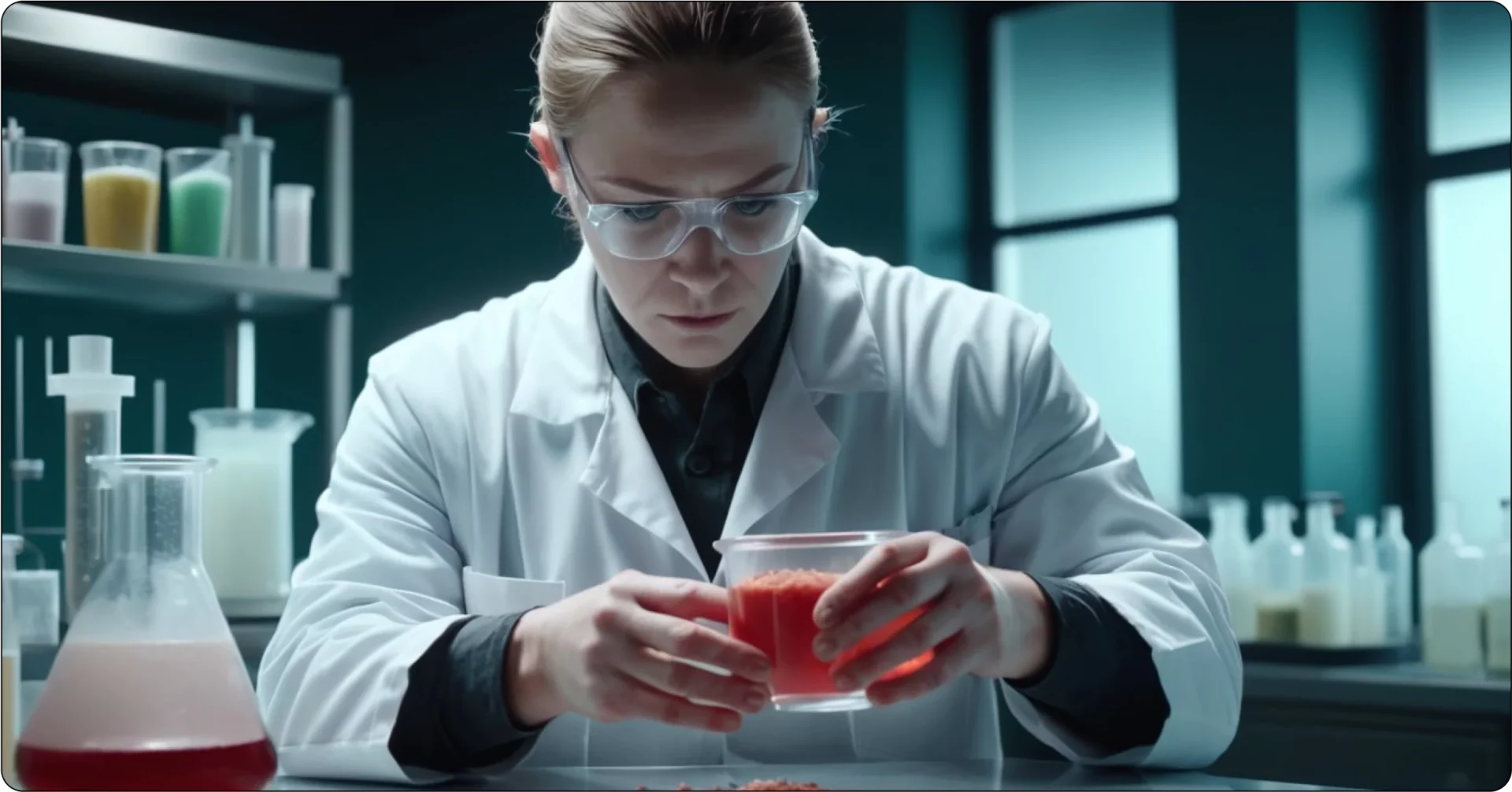
Antimicrobial surface coatings are now used in many consumer and commercial applications.
- Industrial
- Commercial
- Items for the construction industry
- Outdoors Houseware
The field of medicine relies heavily on coatings to combat healthcare-associated infections (HCAIs), which pose a risk, to all healthcare facilities. These coatings play a role in minimizing the transmission of germs in high-traffic areas like switches and doorknobs. In settings, antimicrobial coatings are used on equipment such as medical instruments, catheters, surgical tools, electronic devices, and trays to lower the risk of infections during procedures. They are also incorporated into healthcare fabrics like gloves, surgical masks, bandages, plasters, hospital textiles, and implants.
Beyond healthcare settings, antimicrobial coatings find applications in structures such as schools, offices, restaurants, public spaces, and residences to shield against microorganisms that cause diseases. They are widely utilized to maintain air quality indoors by safeguarding air handling systems like ventilation units, heating systems, and air conditioning units from mold growth on surfaces like vehicle components, walls, and pipes.
Moreover, these coatings serve a function in the food industry by being present in large-scale production facilities, dairy plants, and food processing units, along with containers and utensils essential for these processes.
In the textile sector, they are employed to enhance the durability, cleanliness, and stain resistance of fabrics.
antimicrobial coatings by armorthane
Infectious bacteria have become fairly common in the past decade such as Salmonella, MRSA, E-Coli, and many more. Such bacteria thrive on untreated surfaces and this is especially true for Healthcare and Food industries where the risk is much higher.
Now that the planet’s attention is turned toward infectious diseases thanks to the enormous worldwide outbreak of coronavirus, the World Health Organization (WHO) took the opportunity to point to another problem: the growing shortage of antibiotics available to fight all pathogens. Tedros Adhanom Ghebreyesus, PhD, the director-general of WHO, said in a press release that “never has the threat of antimicrobial resistance been more immediate and the need for solutions more urgent. Numerous initiatives are underway to reduce resistance, but we also need countries and the pharmaceutical industry to step up and contribute with sustainable funding and innovative new medicines.”
ArmorThane has decided to take the initiative and decided to launch an antimicrobial coating to aid in the fight against these bacterial invasions. They have been tested to ISO standards and have proved to reduce up to 99.9% of bacteria in just two hours.
We at ArmorThane offer an antimicrobial additive along with our Polyurea coatings across a variety of industries so their surfaces can be protected against these bacterial invasions. We provide it for industries that are risk-prone to this such as Animal Welfare, Health Authorities, and Cleansing Vehicles.
We are already known in the market because of our protective coatings that offer:
- High tensile strength
- Fast cure time
- Chemical resistance
- Watertight/airtight seal that prevents the surface against rust and corrosion
- Scratch and ding resistance
This is why our high-quality protective coatings are so well known all over the market. However, our customers wanted more and this is exactly what we have brought to them with our introduction of Antimicrobial Treated Coatings.
HOW ARMORTHANE ANTIMICROBIAL COATINGS WORK
We use antimicrobial additives in our polyurea coatings that release silver ions. This then safely prevents any sort of bacterial growth on surfaces. Our testing showed that they reduce bacterial growth (MRSA and E-Coli) by 99.99% for two hours making our coating super-effective!
The effectiveness of this coating remains even during repeated cleaning cycles so you don’t have to coat it again and again. All you have to do is get the coating done once and you are good to go. This durability is so effective because of the release of silver ions that ensures everything is sealed and effective for a long-time.
how antimicrobial TREATED COATINGS CAN WORK
ArmorThanes treated coatings are an ideal interior lining for vehicles that are much more risk-prone to such bacteria. This protects the vehicle from an infestation even if it deals with this risk every day. These include cleansing vehicles, ambulances, and any other vehicle that deals with a possible infestation.
Our coating will reduce the risk and reduce bacterial growth so you can safely be in the vehicle without having to take extreme measures to protect yourself. The antimicrobial additive within the liner continues to work even between cleaning. This way the ArmorThane treated coating will continue to reduce bacteria with consistent use.
Our top of the line technology and research has ensured that no stone will be left unturned in making sure bacterial growth is reduced. We value your safety and health and this is why we provide the best coatings in the market that you will not find anywhere else.
Our coatings have been successfully tested against more than 50 common organisms such as:
- MRSA
- E-coli
- Salmonella
- Listeria
- Pseudomonas
- Aspergillus Niger
And many more, so leave your worries because with our coating you will be protected against anything. To find out more about our product contact us now!
To learn more about our antimicrobial protective coatings, click here. We will be happy to answer any questions you have.
FIND OR BECOME AN APPLICATOR
A small investment for coating equipment and products will get you started in a new polyurea, polyurethane, and spray foam business or increase the revenue of an existing company. With no franchise fees or royalties, starting a protective coating business or other ArmorThane dealer business is a relatively low cost venture.
We provide personal training to get your new polyurea or polyurethane system up and going. Plus, we have a dedicated support team ready to assist you anytime you need us. We sell to dealers around the world who use our products for a wide variety of applications. These include everything from truck bed liners to animal habitats.
